
Monty Don returns to his roots, travelling around the UK to uncover what the nation’s gardens reveal about its people...

Monty Don returns to his roots, travelling around the UK to uncover what the nation’s gardens reveal about its people...

For over a century, Black artists have been exploited by the music industry. This insightful series chronicles their...

At 99 years old, cellist Anita Lasker-Wallfisch recounts her experiences playing in a prisoner orchestra at Auschwitz...

This intimate portrait of singer Anne Murray follows her journey from small-town Nova Scotia to global superstardom. An...
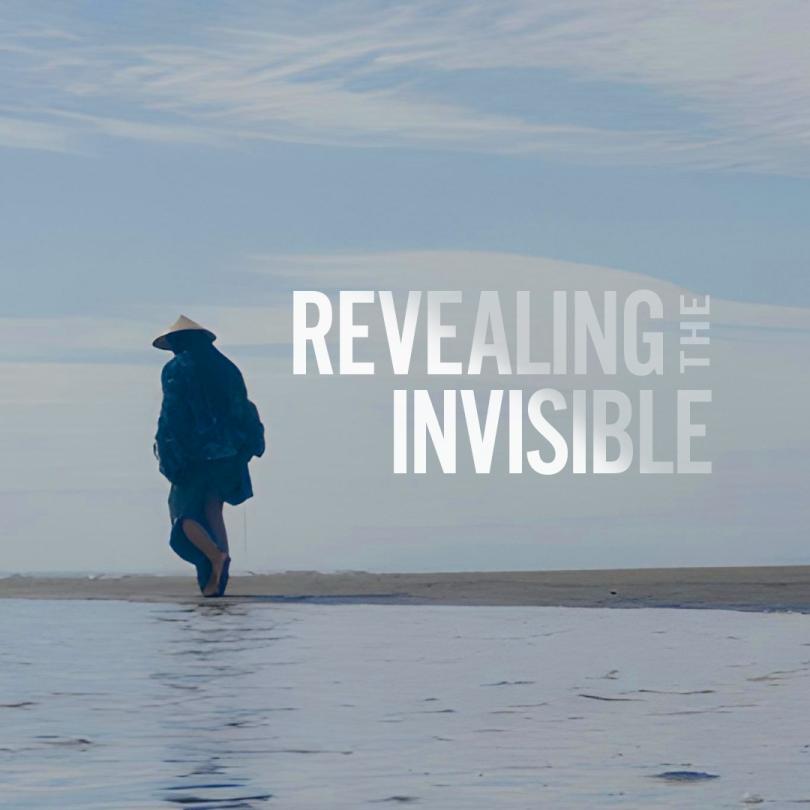
Chinese Canadian dance artist Tony Chong dives into his family’s history to find his place in the world. It's a playful...

This docudrama tells the surprising and tumultuous life story of one of history's most celebrated writers: William...
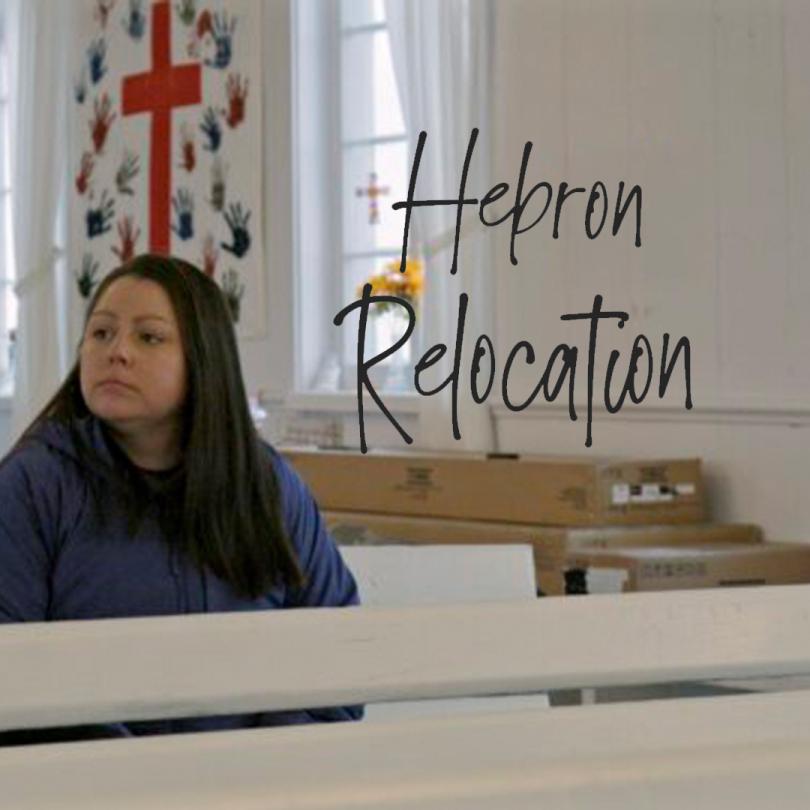
In 1959, the Inuit of the northern Labrador community of Hebron were forced to leave their land and their lives behind...

When unexpected events pull director Larry Weinstein into his documentary about Beethoven’s Ninth Symphony, his film...
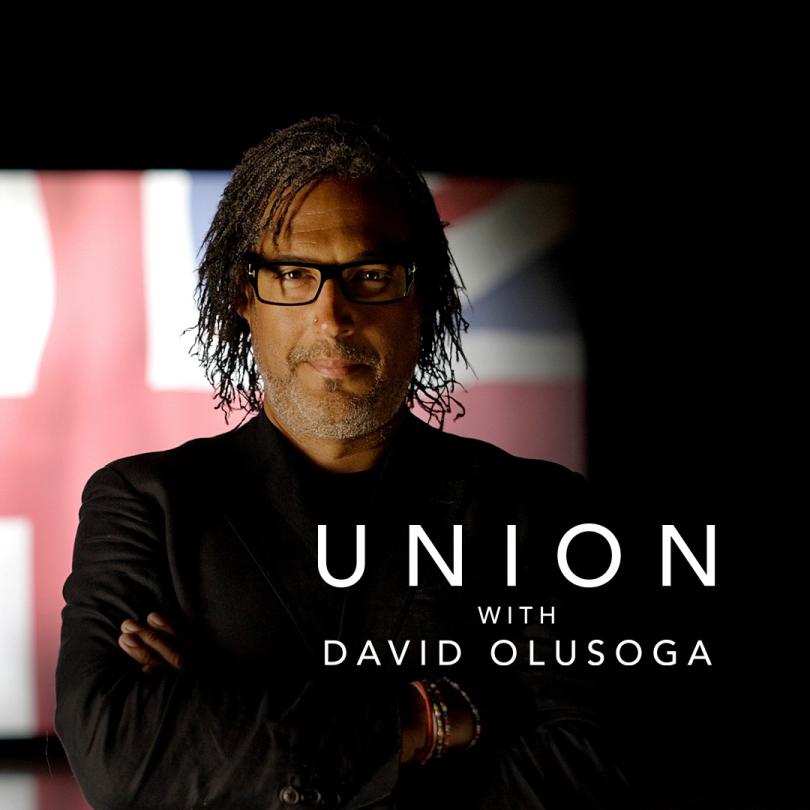
Historian David Olusoga traces the events, the people and the forces that transformed four separate nations into a...
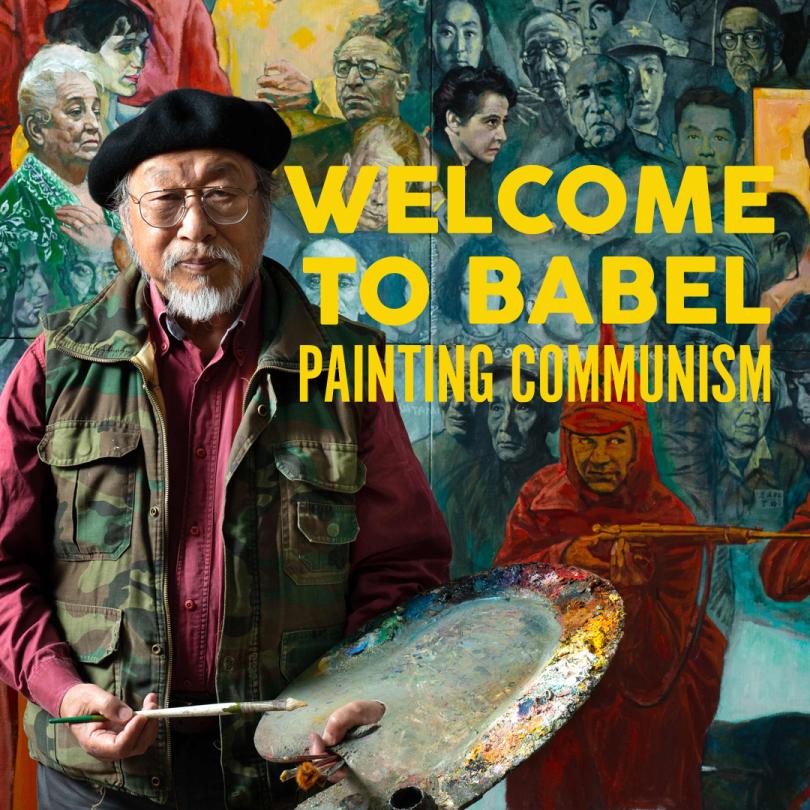
Renowned Chinese Australian artist Jiawei Shen undertakes a massively ambitious artwork about the history of communism...
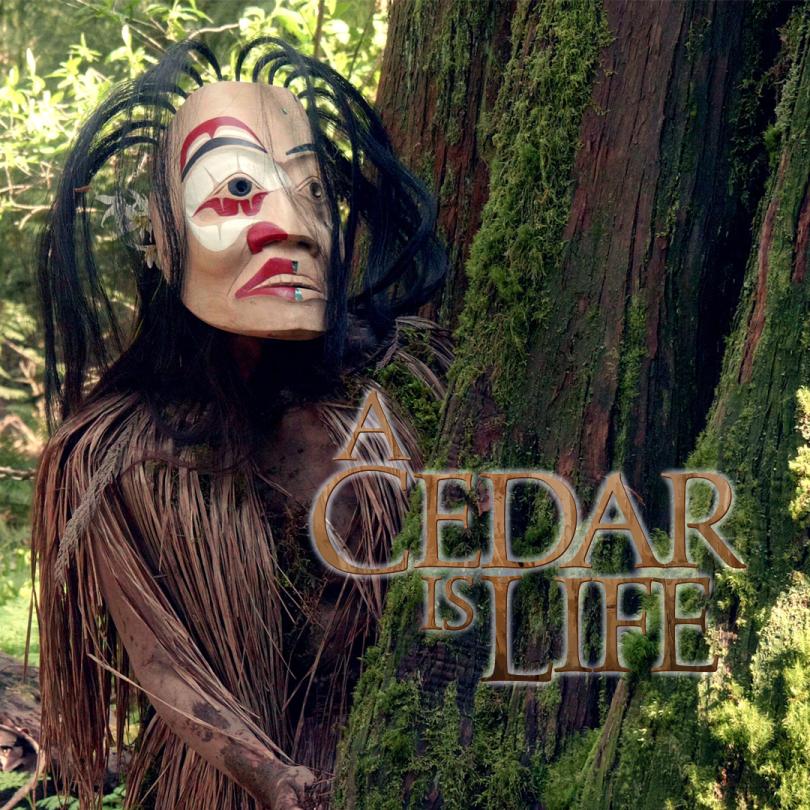
Cowichan filmmaker Harold C. Joe explores how the cedar tree is central to the cultural life of West Coast First Nations...
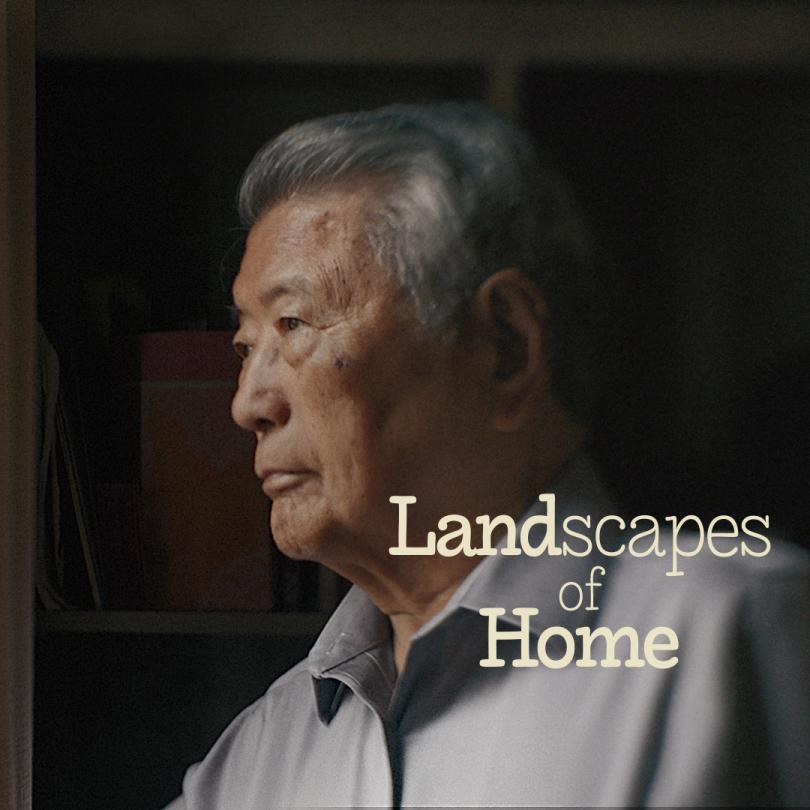
Two doctors share their stories of displacement during the Second World War - Henry Shibata, a Japanese Canadian born in...

Chinatowns are under threat of disappearing - and along with them, the rich history of communities who fought for a...

Filmmaker Keira Loughran and Helen Lee examine the legacy of their grandmothers - women of indomitable spirit who fought...
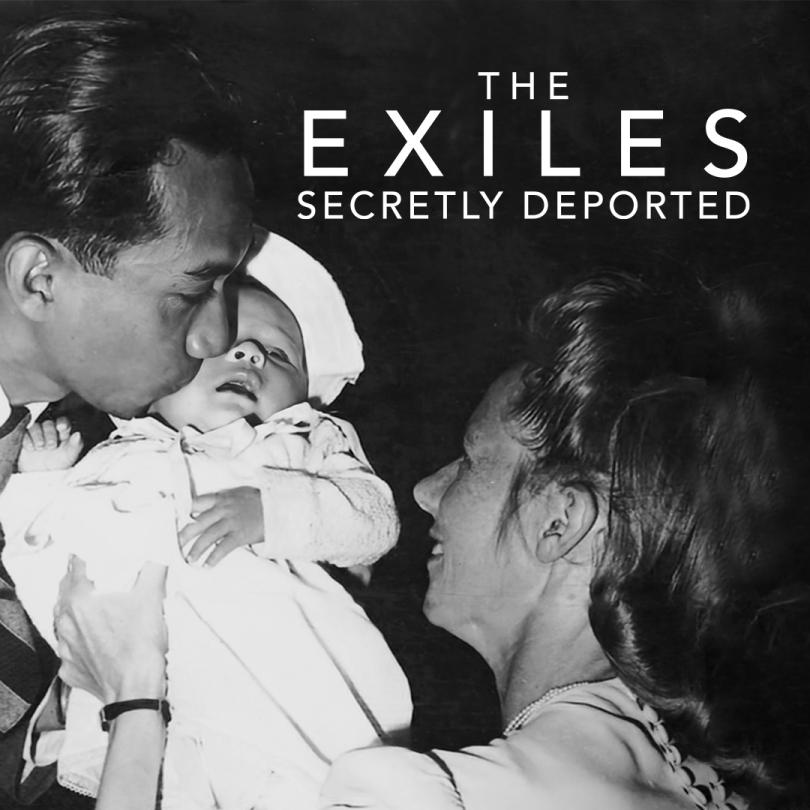
After the Second World War, thousands of Asian servicemen were secretly deported from the UK and Australia, leaving...

Rob Bell explores the story of four of London's most iconic bridges - London Bridge, Westminster Bridge, Tower Bridge...

This intimate portrait chronicles the personal and professional triumphs and tragedies of visionary Vancouver-based...

Based on renowned writer and civil rights activist James Baldwin’s final unfinished manuscript, Raoul Peck’s Oscar...
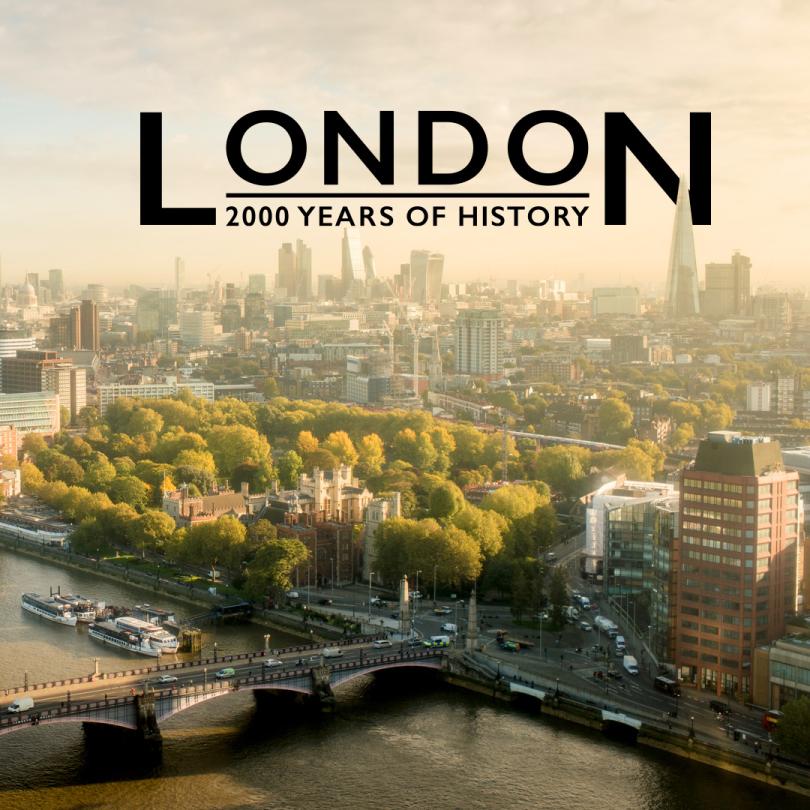
Dan Jones, Suzannah Lipscomb and Rob Bell tell the glorious and sometimes gory story of how London grew from a small...
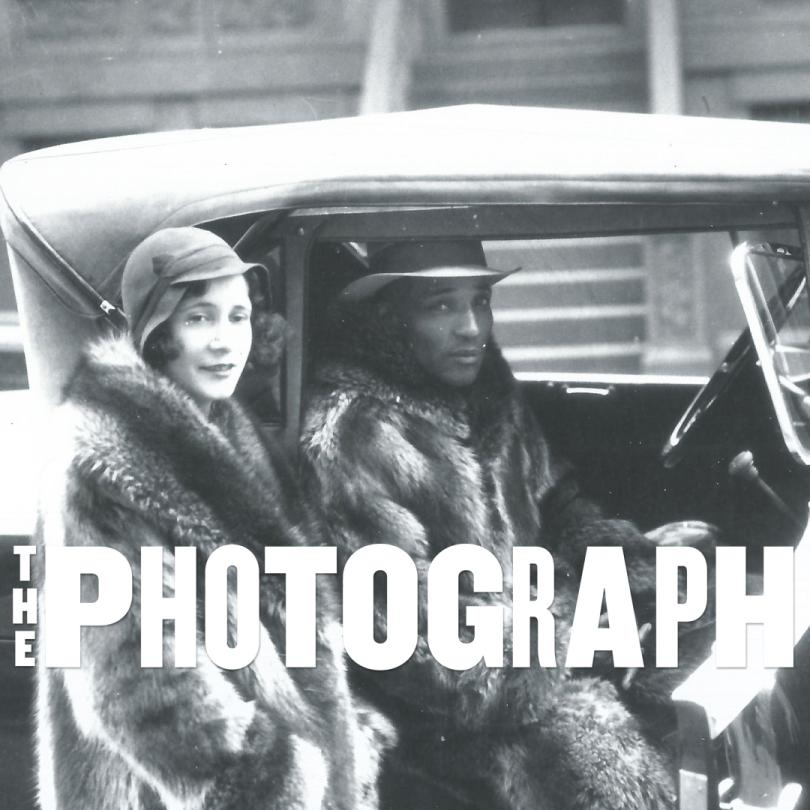
A photograph of his great-grandfather sends filmmaker Sherman De Jesus to New York to discover the legacy of James Van...

Razed in the late 1960s, Hogan's Alley was once the heart of a thriving Black community in Vancouver, known for its...
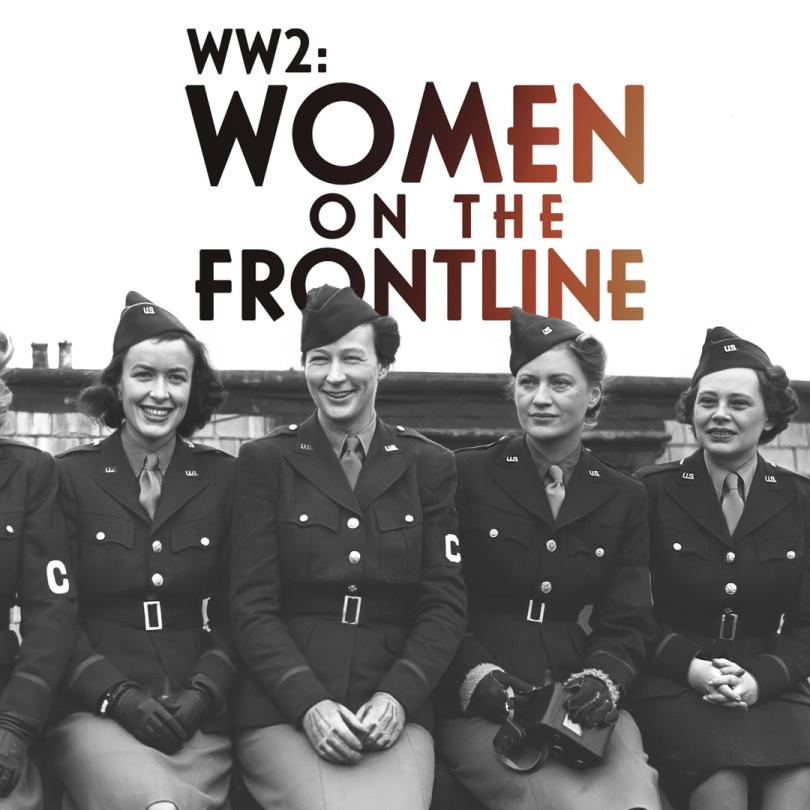
Discover the remarkable stories of the courageous female soldiers, pilots and spies who fought, flew and died in the...
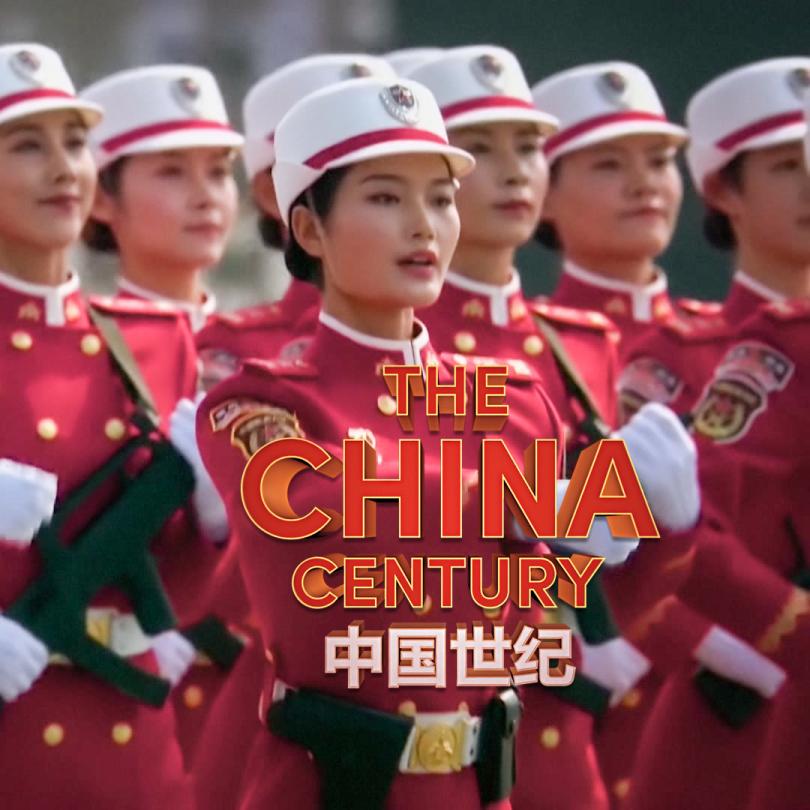
With China's influence greater than ever before, this series explores its rise as an economic superpower and the...
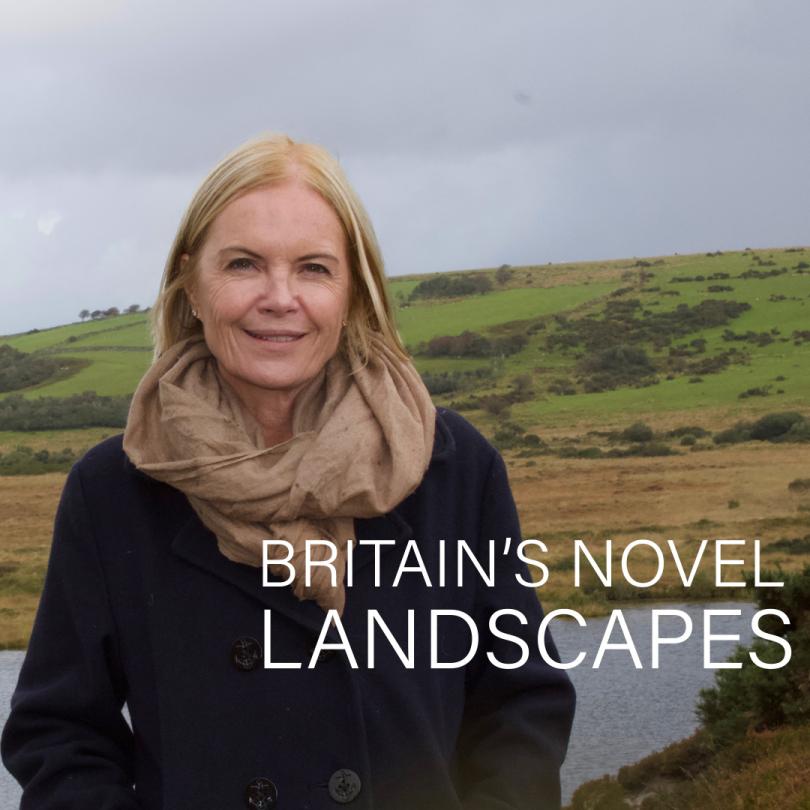
Mariella Frostrup explores how the UK's most stunning landscapes inspired the Brontës, Jane Austen, Beatrix Potter and...
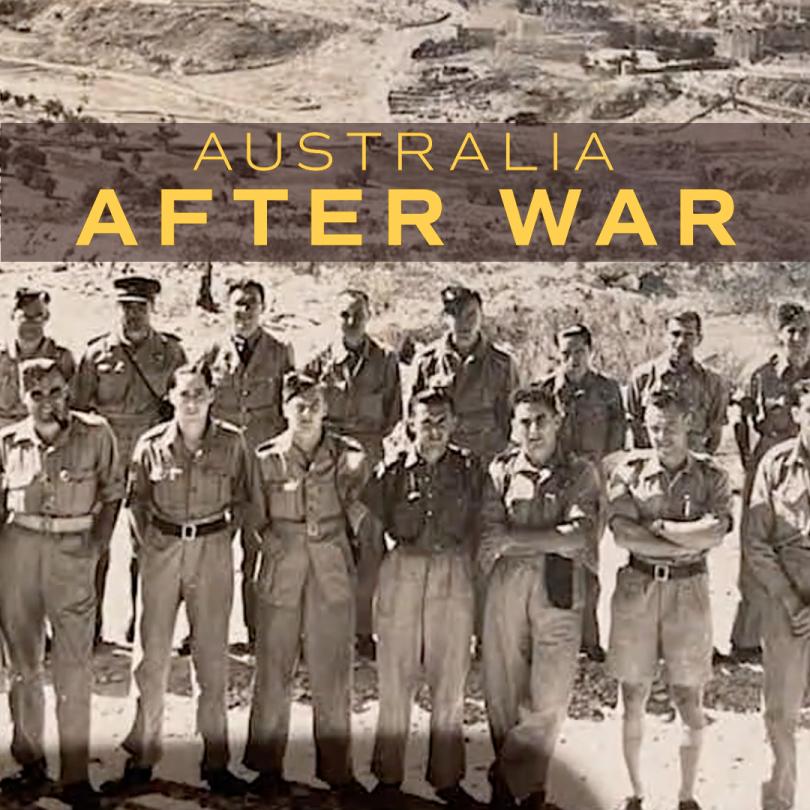
From the Great War to the modern day, this series explores the impact of war on Australia's veterans and how profoundly...
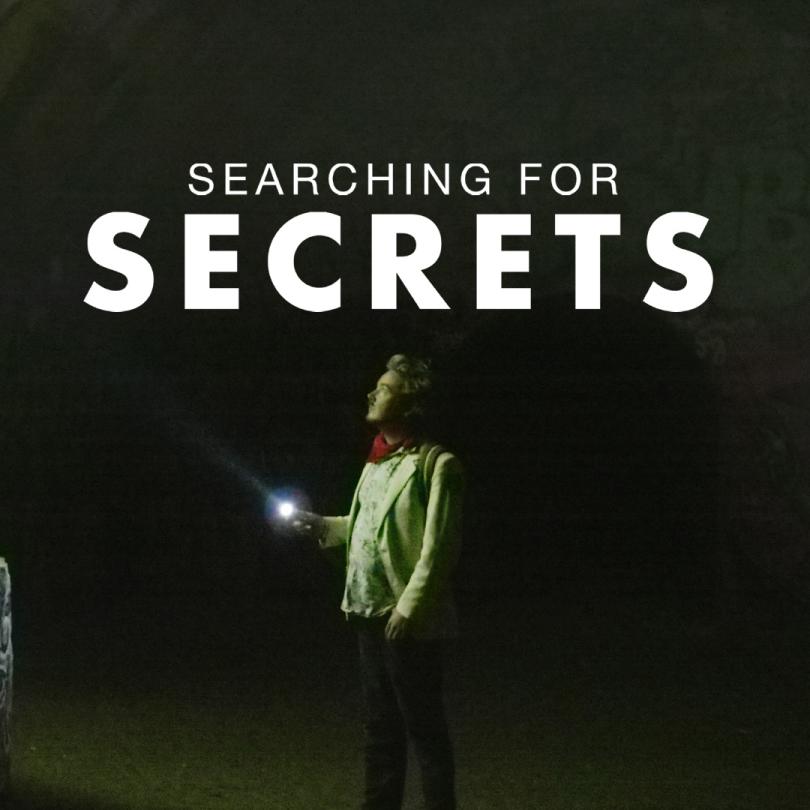
Local experts and historians search out the secrets of some of the world's most iconic cities, revealing fascinating...

Monty Don discovers Spain's most interesting gardens, community projects and parks as he explores the country's rich...
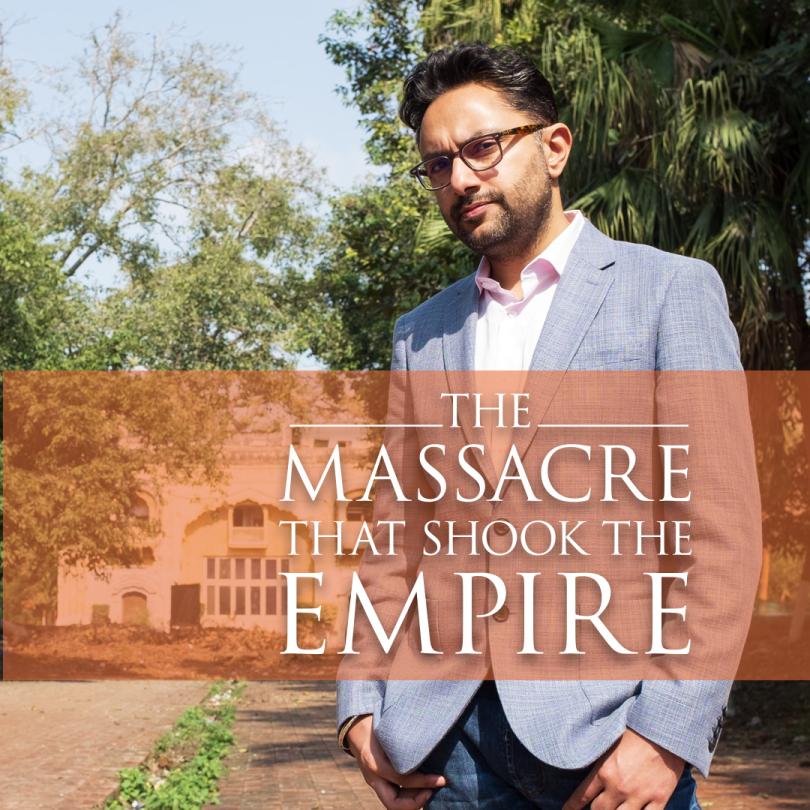
Journalist Sathnam Sanghera examines the Amritsar massacre on April 13, 1919, when troops under British command shot and...
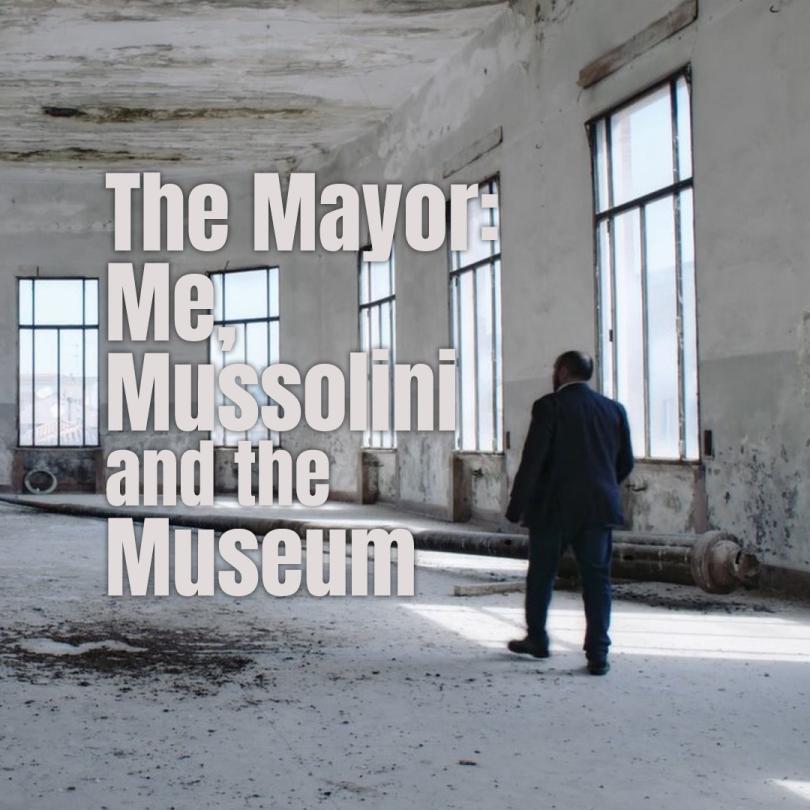
Italy has never really dealt with its fascist past. Which is why the mayor of Predappio, the hometown of Mussolini...

Historian Lucy Worsley takes us behind closed doors for a fascinating look at the houses that influenced and inspired...
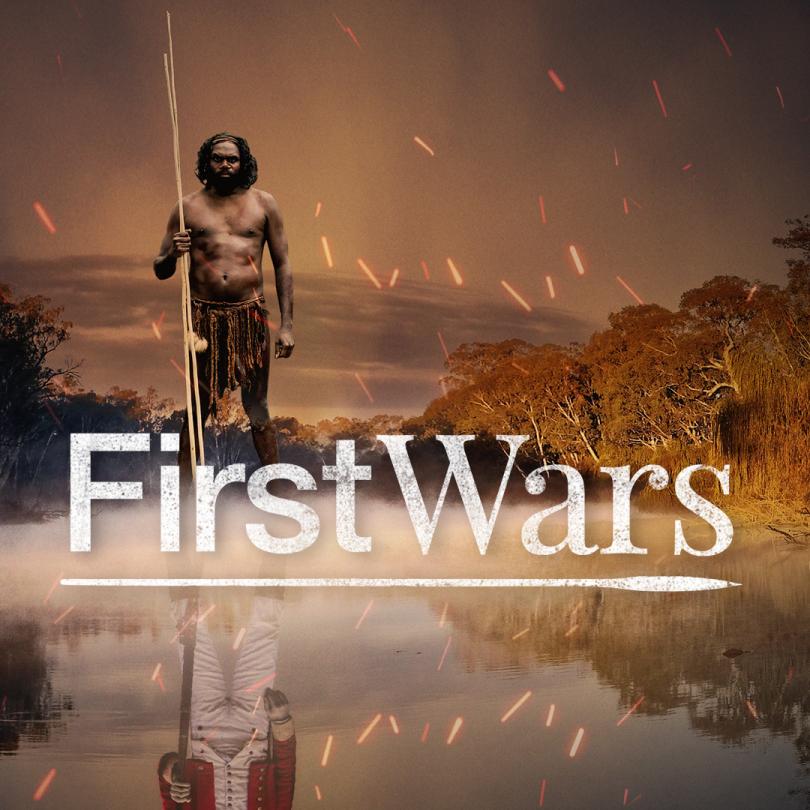
Filmmaker Rachel Perkins tells the story of Australia's First Wars - the brutal conflicts that emerged from Indigenous...

Arthur Williams, a pilot and former Royal Marine, discovers the people and places that changed the course of the Second...

Comedian Zoe Coombs Marr wipes away the straightwashing and peers into the untold and frankly fascinating queer history...
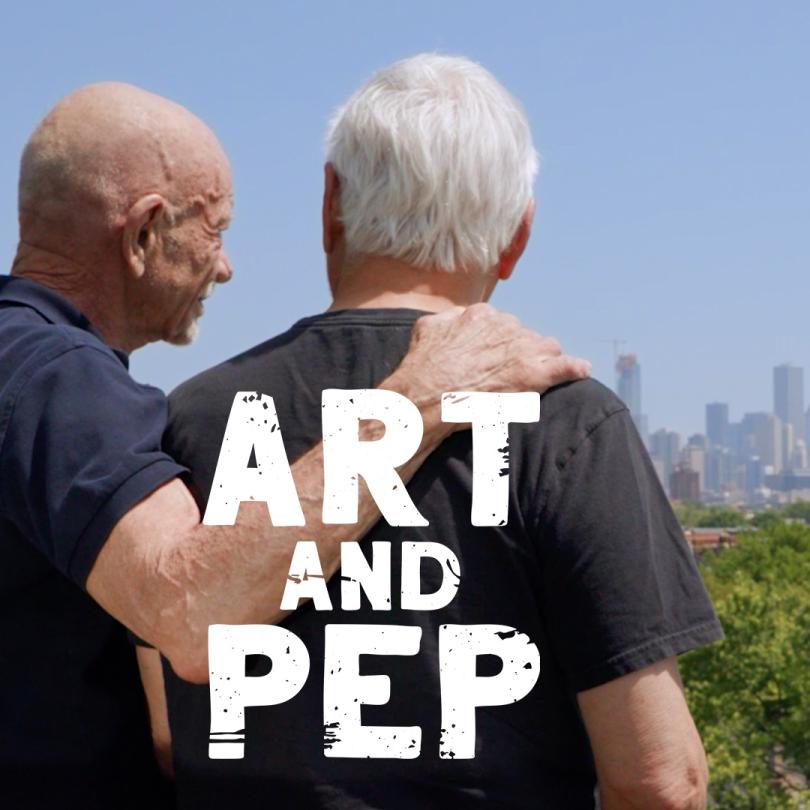
Chronicles the love, life and legacy of Art Johnston and Pepe Pena, Chicago LGBTQ+ pioneers and owners of the iconic...

Historian Onyeka Nubia sheds new light on this monumental era, unearthing a society riddled with inequality and...
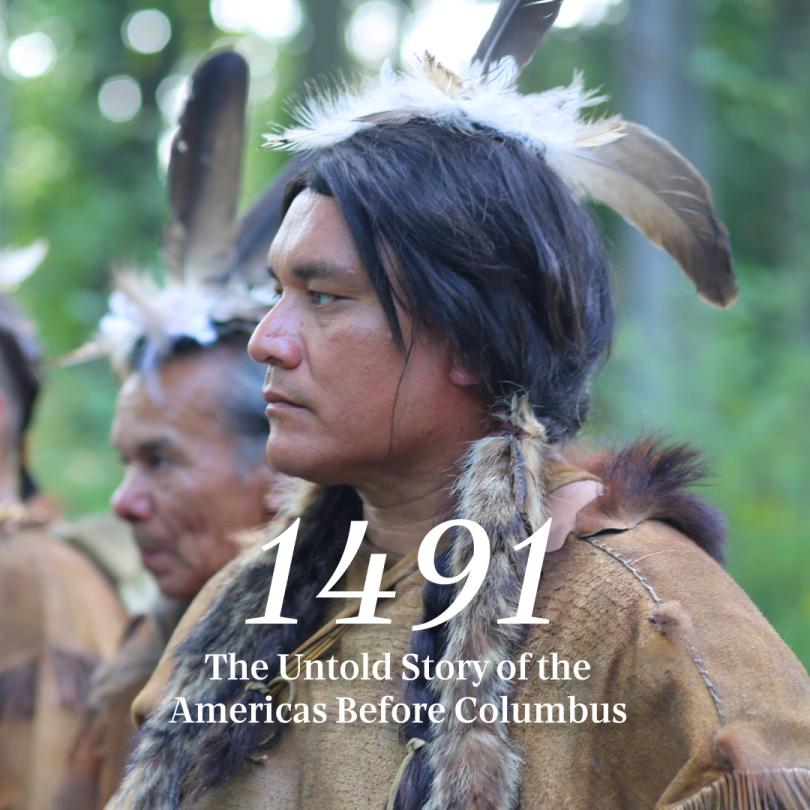
This fascinating documentary series brings to life the complexity, diversity and interconnectedness of Indigenous...

Historian Suzannah Lipscomb follows the trail of England's most fascinating dynasty, uncovering the legacy of the Tudor...

Curators of archives across BC that represent traditionally marginalized or excluded communities - Indigenous, Queer...
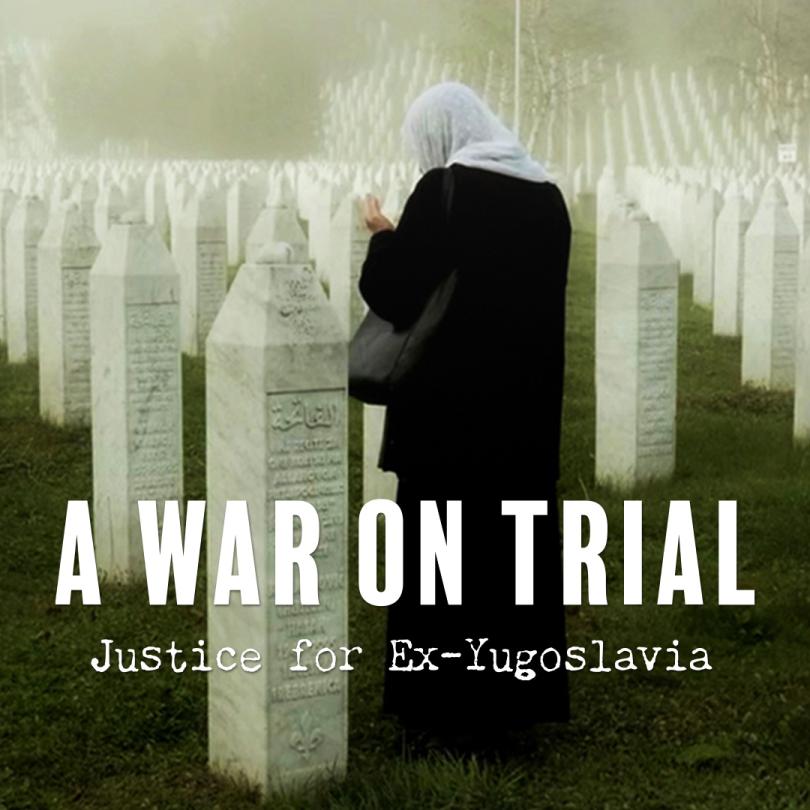
When the Yugoslav Wars engulfed central Europe, an international tribunal was established to prosecute war criminals...

Four famous campaigns of the Second World War are analyzed through the prism of trains and railways, which were...
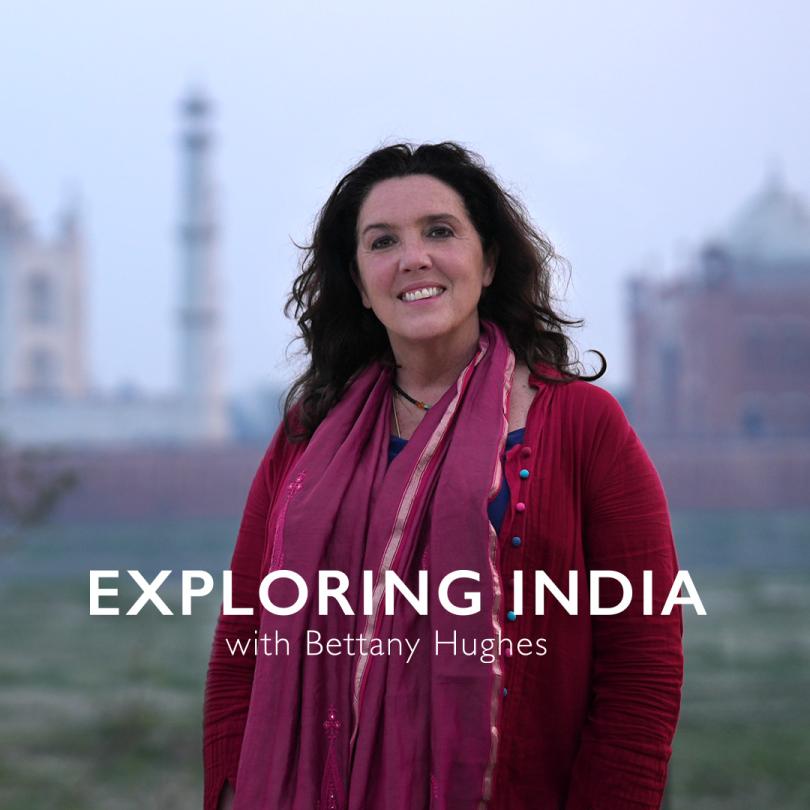
Historian Bettany Hughes journeys to temples, palaces and cities as she discovers the fascinating past and traditions of...

Actor David Harewood investigates the disturbing legacy of blackface minstrelsy, which dominated British and American...

On the night of February 27, 1933, the German Parliament building burned down, and democracy went along with it. But who...

Travelling from Venice to Croatia and Greece, gardening expert Monty Don explores some of the most beautiful gardens...
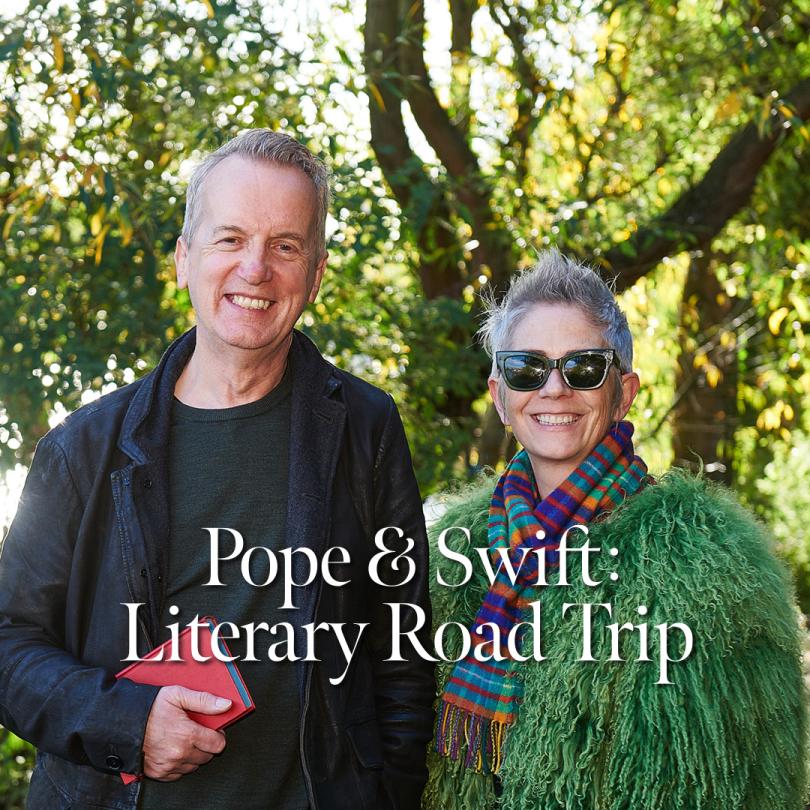
Comedian Frank Skinner and author Denise Mina follow in the footsteps of Alexander Pope and Jonathan Swift, two of the...

Rob Collins rediscovers the ancient innovations and scientific inventions of Australia's First People - the world's...

Comedian Frank Skinner and author Denise Mina retrace the passionate friendship of Romantic poets Wordsworth and...
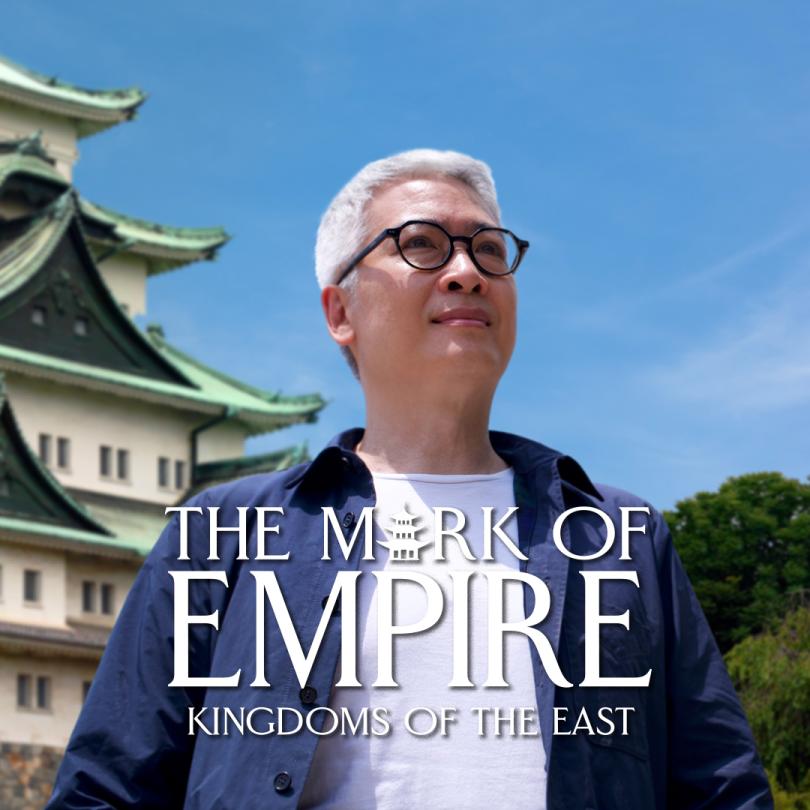
Singaporean scholar and curator Peter Lee travels to Japan and South Korea to explore four distinct peoples and kingdoms...

Author Damian Barr goes in search of the legacy and lasting influence of one of Scotland's greatest historical figures...
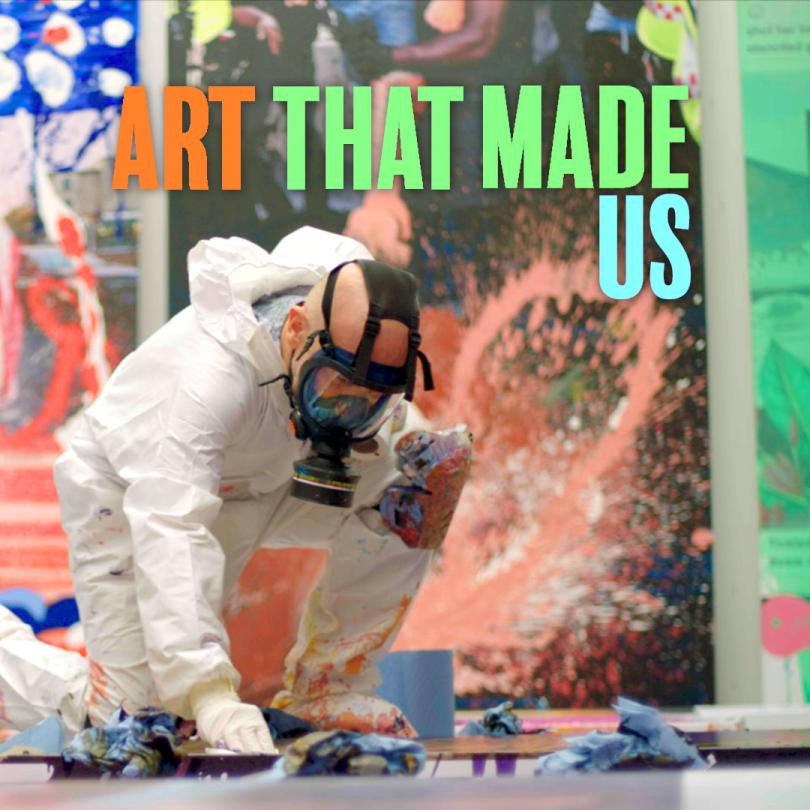
Leading artists and thinkers explore eight dramatic turning points in British history through the prism of its art. From...
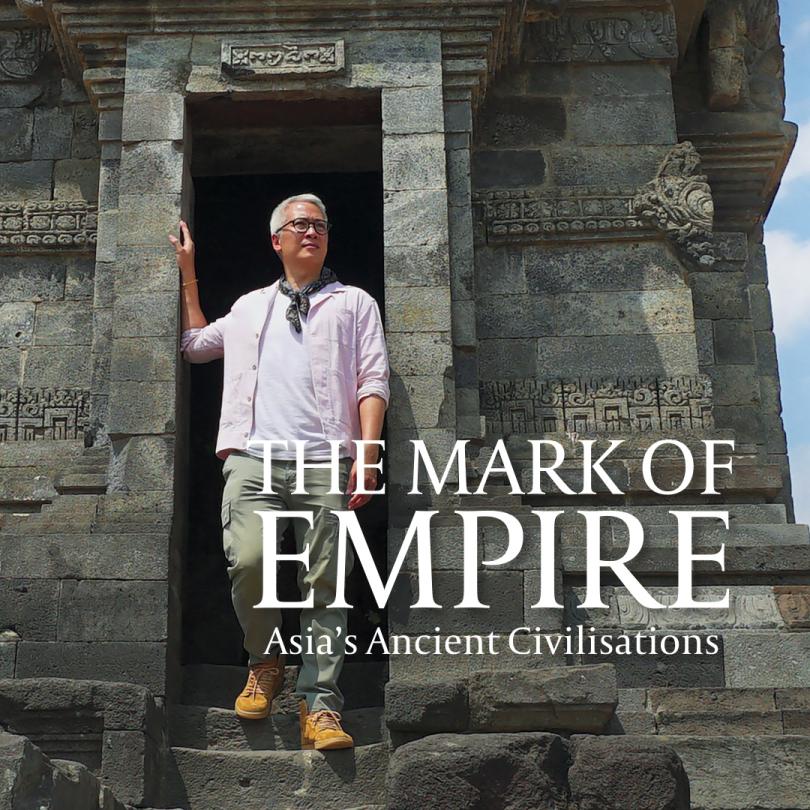
Singaporean curator and scholar Peter Lee travels across Southeast Asia to explore the rise and fall of four great...

Born in 1873, Alice Guy made nearly a thousand films on both sides of the Atlantic. Yet film historians nearly erased...
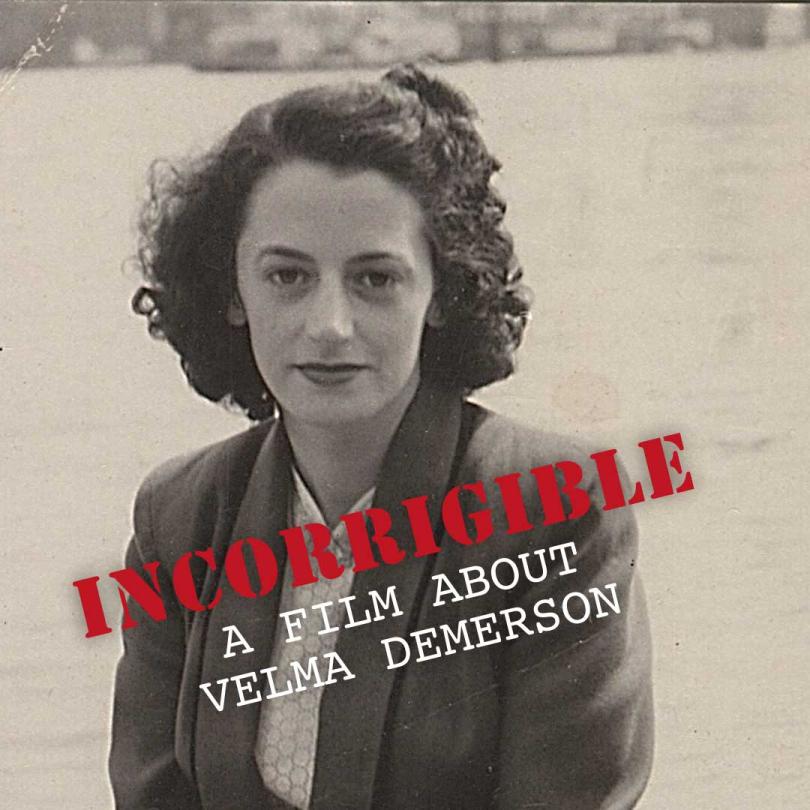
In 1939, Velma Demerson was sentenced to one year in prison for her relationship with a Chinese man. Decades later, she...
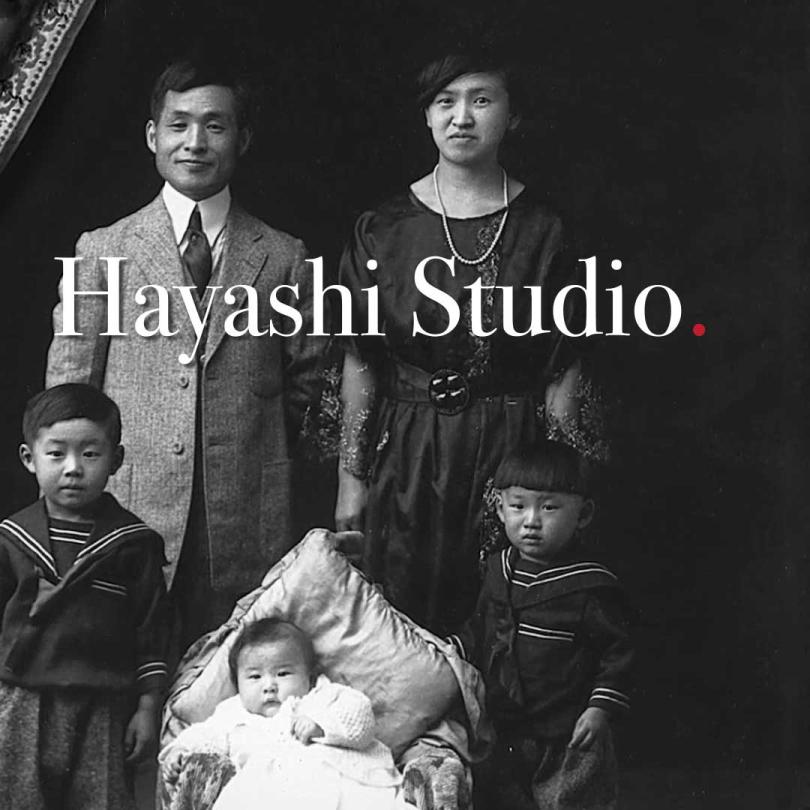
In the early 1900s, Japanese Canadian photographer Senjiro Hayashi took images of people of every race, class and gender...
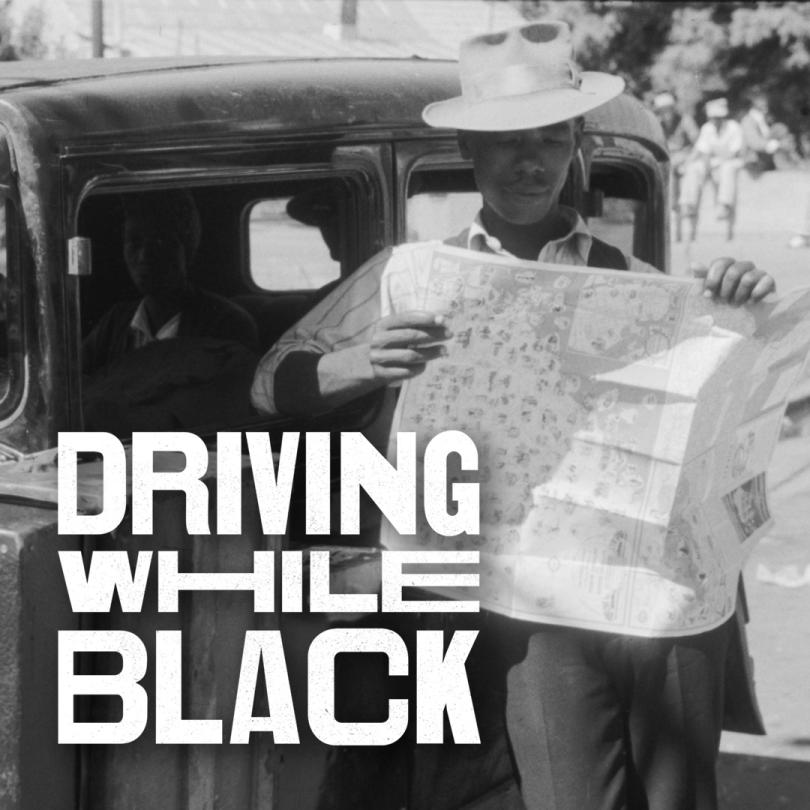
From the advent of the automobile to the civil rights era and beyond, life on the road led to new freedoms and new...

Armed with a copy of Conrad's Heart of Darkness, a British Nigerian university student goes in search of the legacy of...
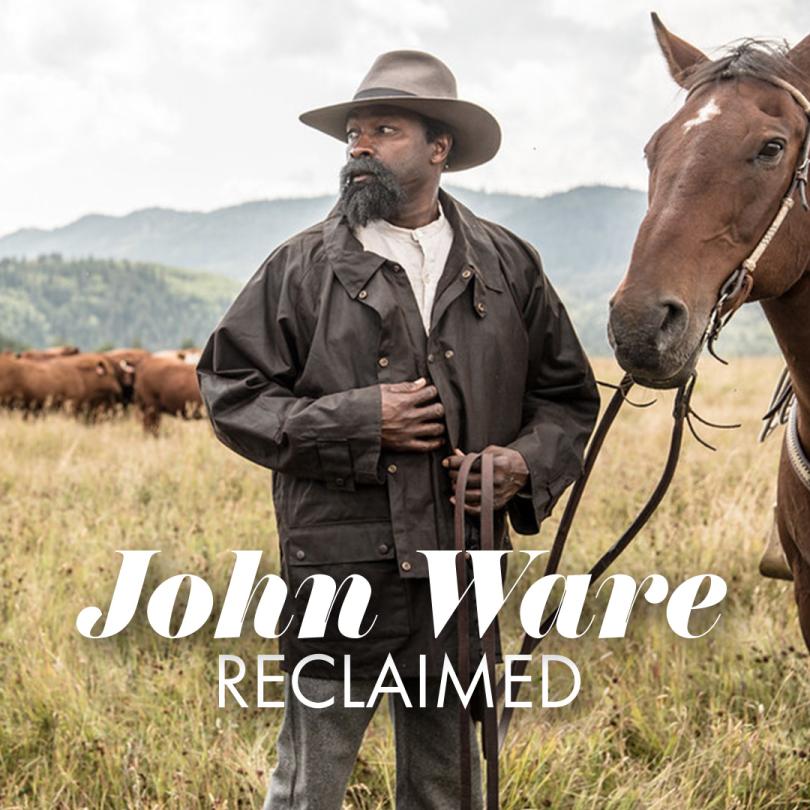
Filmmaker Cheryl Foggo re-examines the mythology surrounding John Ware, the Black cowboy who settled in Alberta before...

Lucy Worsley takes us behind closed doors at three royal palaces - the Tower of London, Hampton Court and Kensington...
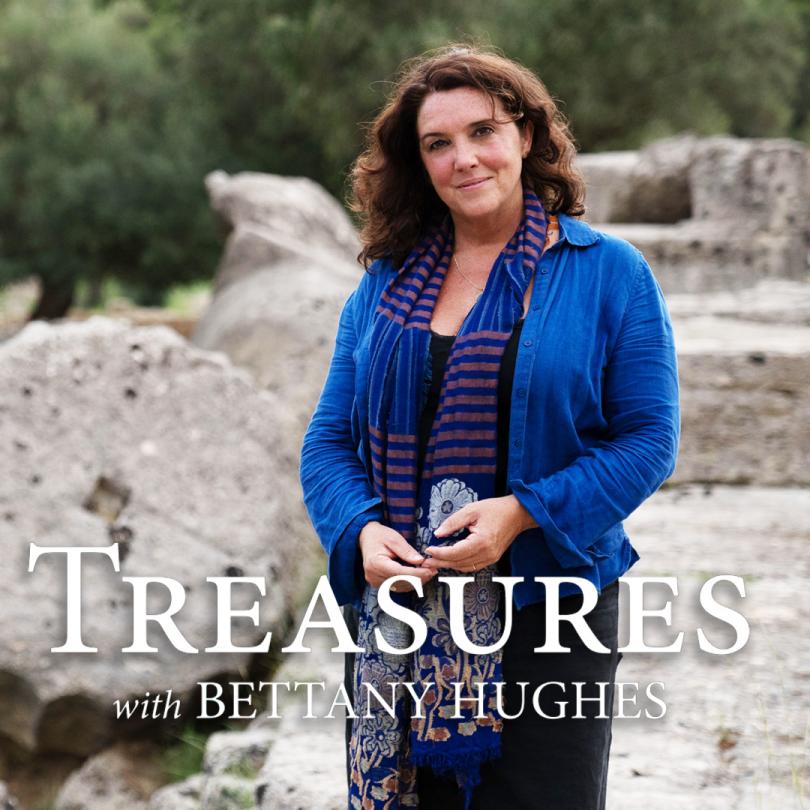
Join historian Bettany Hughes as she uncovers some of the most extraordinary treasures of human civilization. With rare...
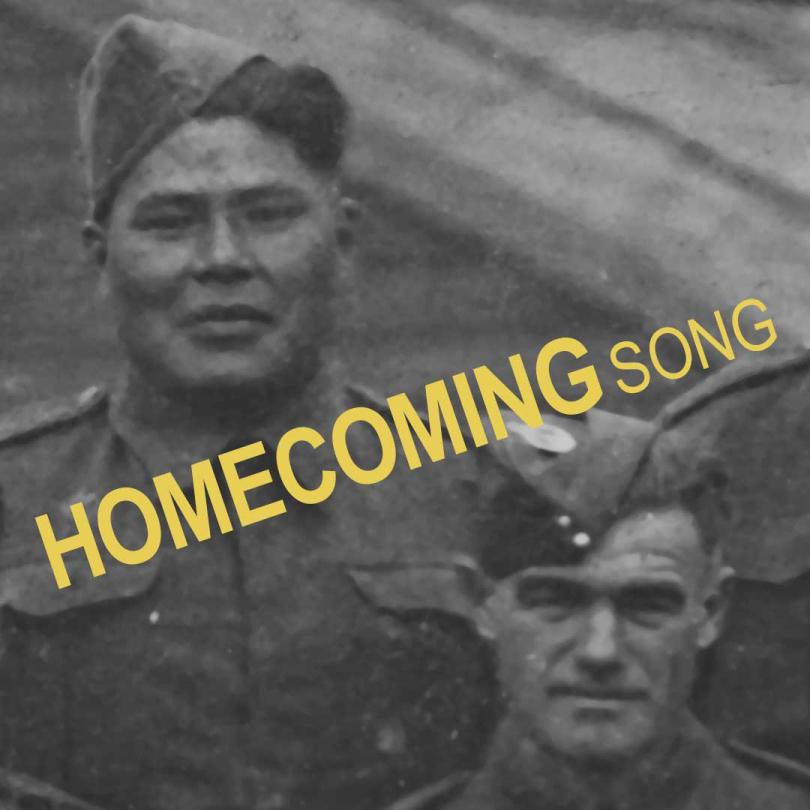
This poetic documentary tells the parallel stories of two First Nations men who returned home and the ancient song that...
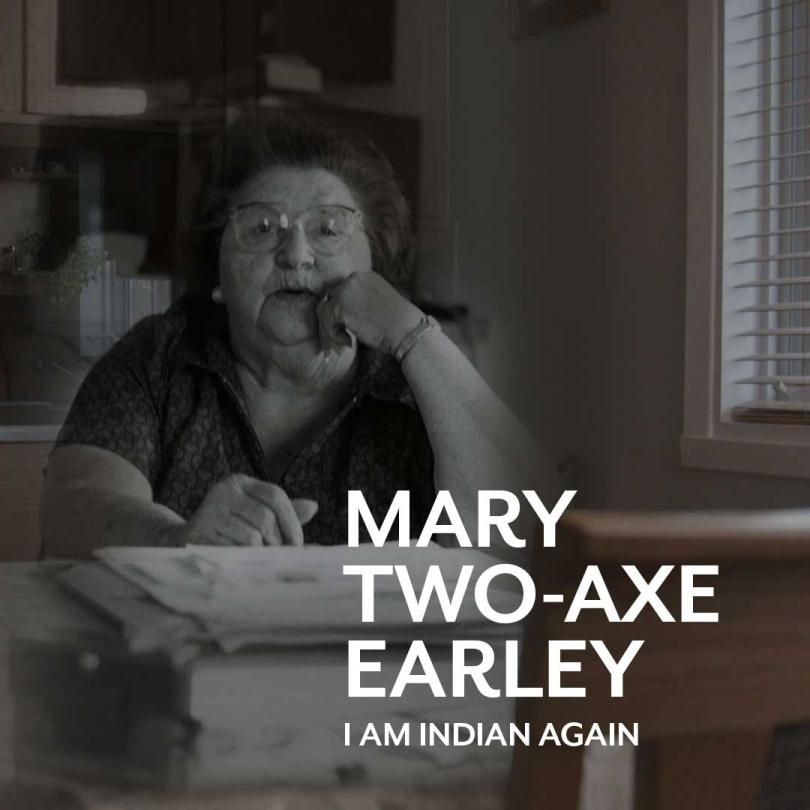
Mohawk activist Mary Two-Axe Earley fought for more than two decades against gender discrimination in Canada's Indian...
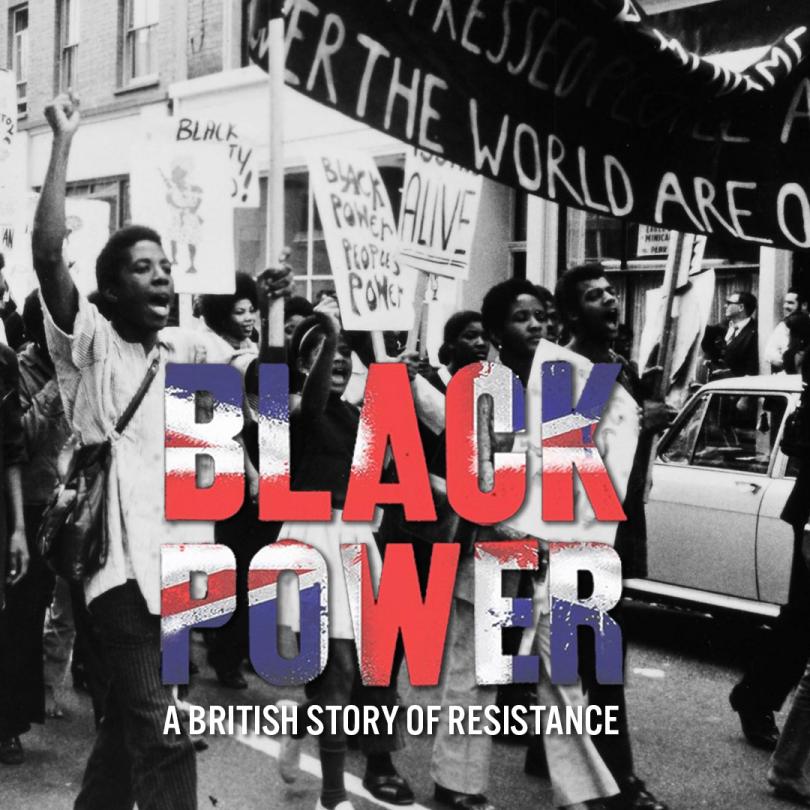
The story of Black Power activists who in the 1960s and 70s challenged racism in the UK and helped shape a new political...

Experts illuminate moments in Winston Churchill's life that informed his decisions during the war, revealing how he...

Lucy Worsley explores the lives of six real people who lived, worked and volunteered during the London Blitz, showing...
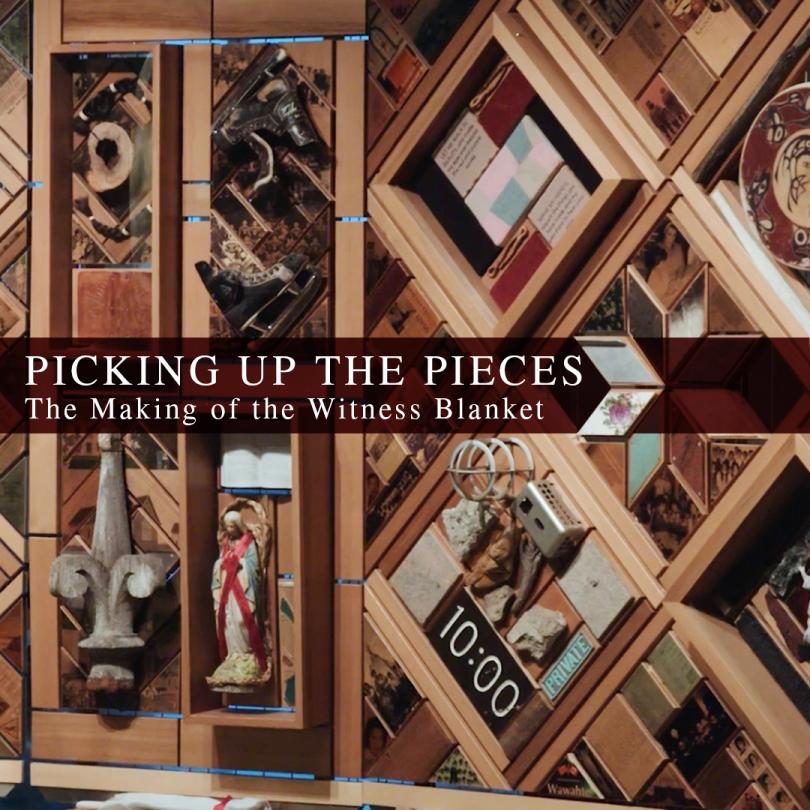
Artist Carey Newman - Ha̱yałka̱ng̱a̱me’ (Kwakwak'awakw/Coast Salish) creates a piece called the "Witness Blanket" that...

Andrew Marr tells the stories behind 10 of the greatest paintings in the world - exploring works by Picasso, Van Gogh...

Tori Herridge, Carla Valentine and archaeologist Raksha Dave attempt to piece together the mysteries and lives left by...
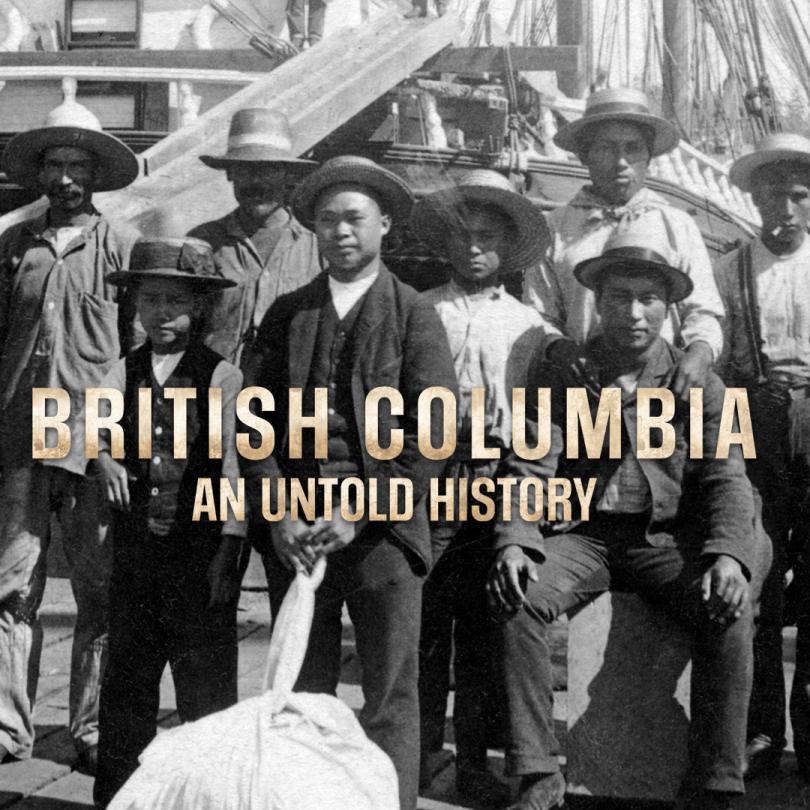
Indigenous, Chinese, Japanese, Punjabi, Black, and European stories are woven together to present an astute look at the...
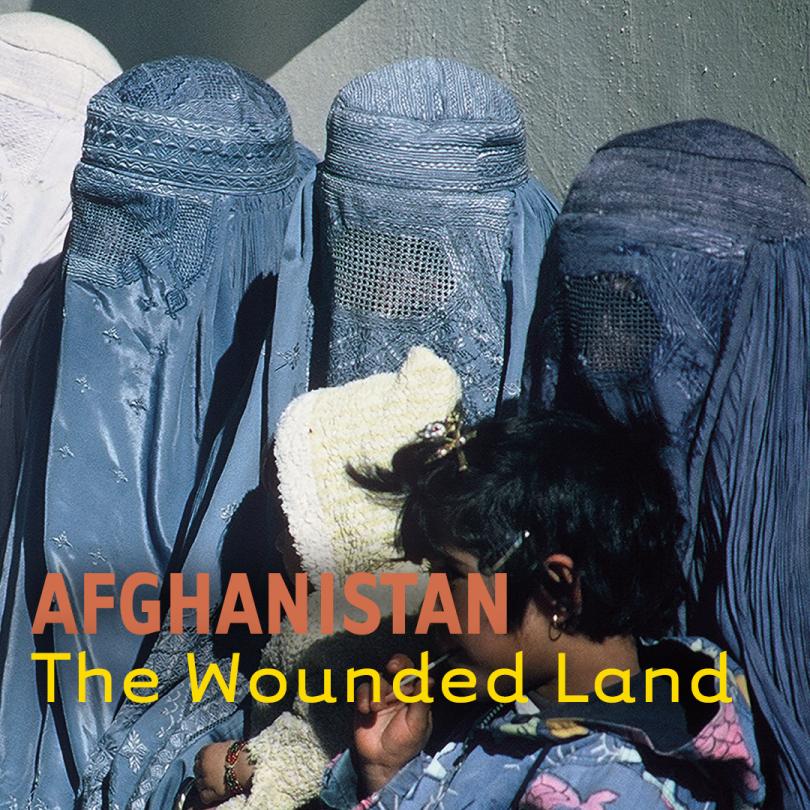
In the early 1970s, Afghanistan was at a crossroad between modernity and tradition, Islam and communism. When the...

Lesser known stories from BC history, including the Candy Bar Strike of 1947 and the tale of Vancouver's first official...

Journalist Afua Hirsch explores African countries that are reimagining the past and forging the future with art, music...
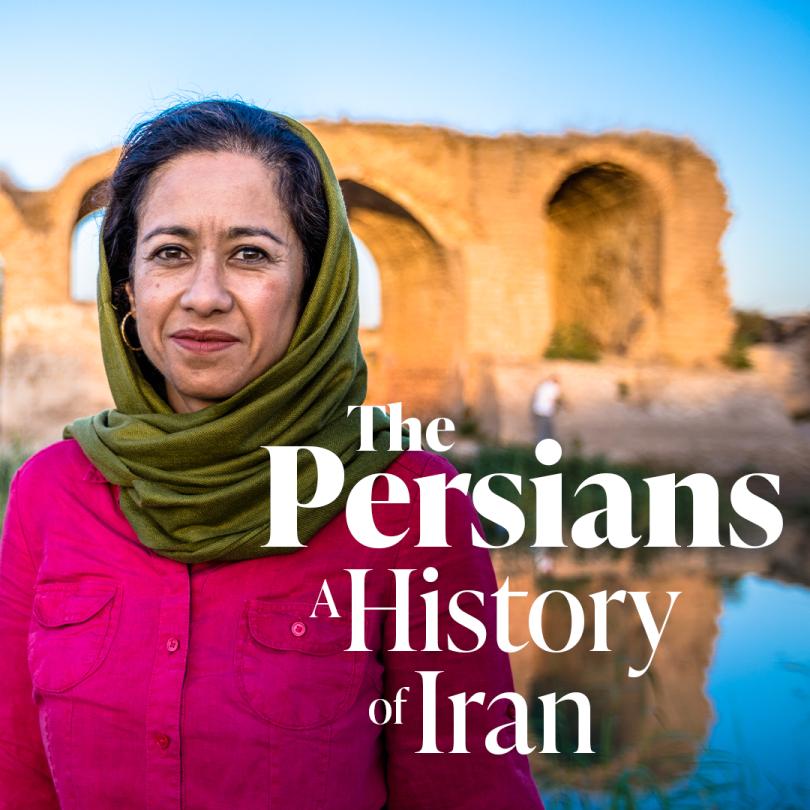
Journalist Samira Ahmed travels to places few Westerners have seen as she explores the complex and fascinating history...

From BC joining Canada in the 1870s to Vancouver hosting Expo in 1986, we see over a century of British Columbian life...

Inspired by Odysseus, Bettany Hughes makes an epic journey by sea, travelling from eastern Greece to Ithaca while...
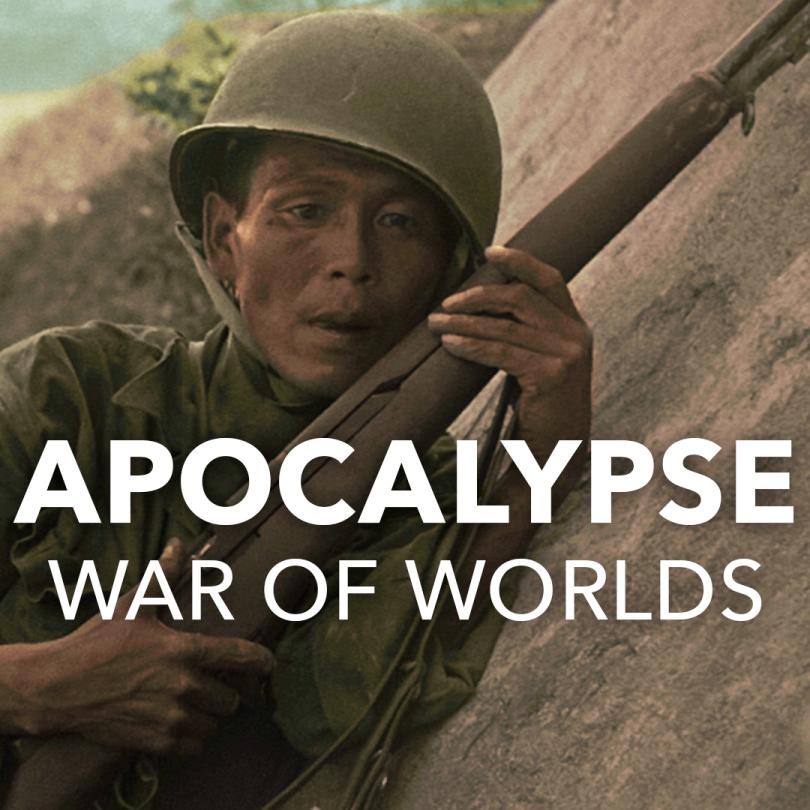
In the summer of 1945, the Allies celebrated a return to peace. But soon an Iron Curtain was erected, signalling the...
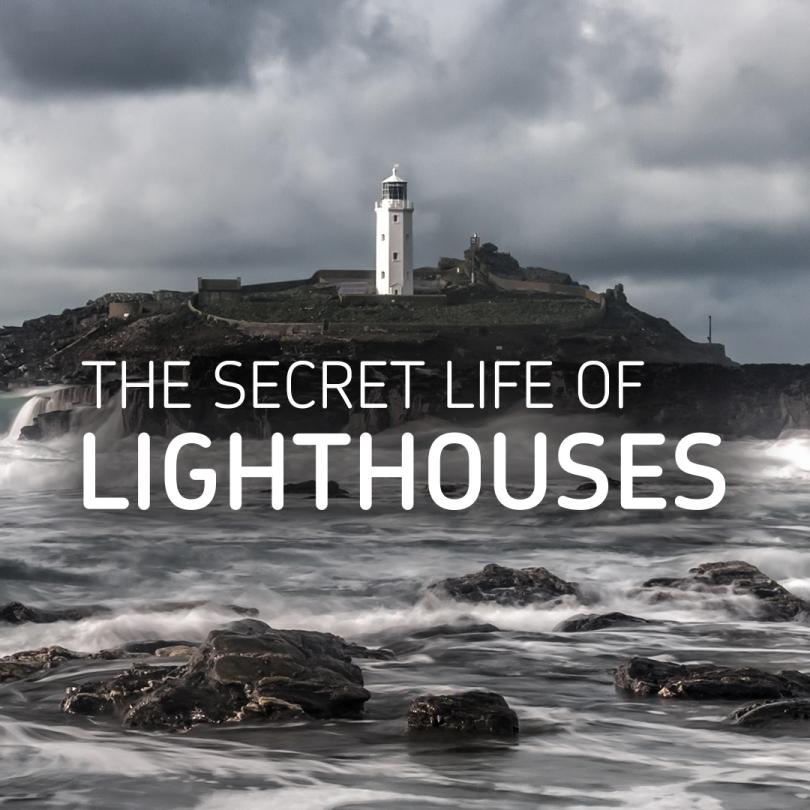
Rob Bell takes us on a voyage to the seas around Britain and Ireland to reveal the extraordinary stories and hidden...

Rembrandt is considered one of the most famous artists in European history, but his work was often misunderstood in his...
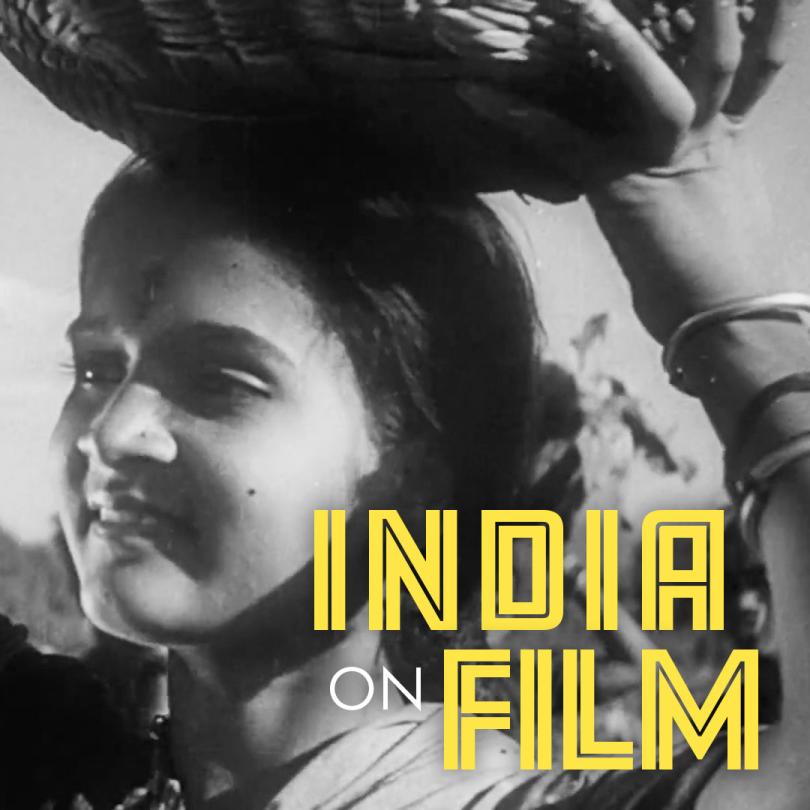
Witness pivotal moments from India's 20th-century colonial history, from processions of elephants carrying India's...

A look at some of the musicians, deejays, gigs and clubs that have made British Columbians swing and shout since the...

Lucy Worsley investigates the lies told about six of Europe's royal dynasties, including Henry VII's Reformation, Marie...

In 1773, writer Samuel Johnson made a grand tour of Scotland, accompanied by James Boswell. Comedian Frank Skinner and...
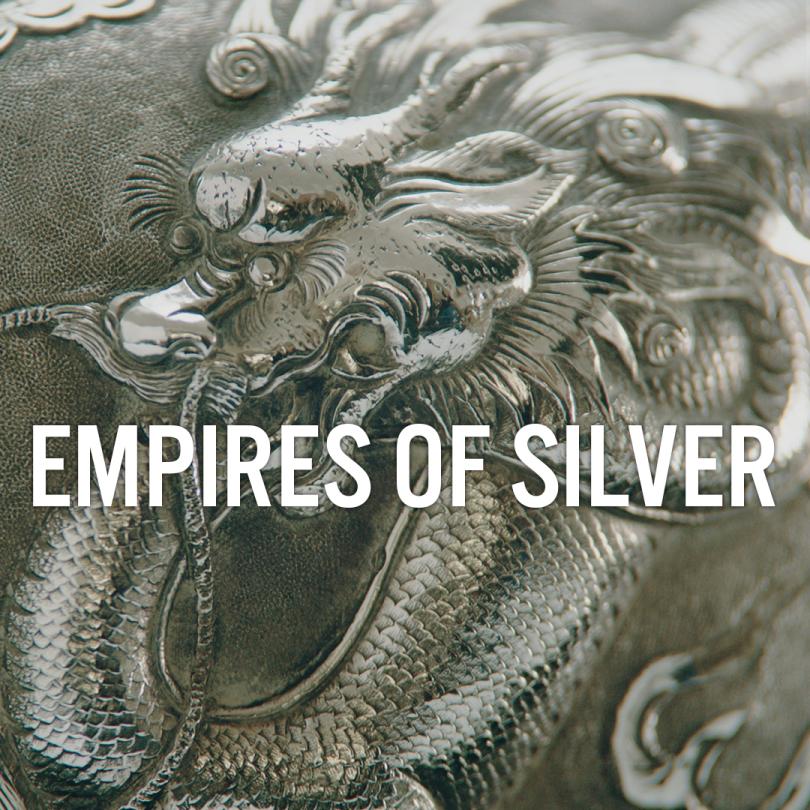
Discover how the silver trade kick-started the global economy, connecting China to the European empires and the Americas...

Monty Don sets out to discover the true essence of Japanese gardens and what we have learned from them. He visits Japan...

The story of this devastating global conflict is told through those who fought it, those who led it and those who lived...

Former Royal Marine Monty Halls explores the perilous Freedom Trails that men and women used to escape from Nazi...

This series charts Hitler’s political rise from the far-right fringes to election as Chancellor following the 1929...
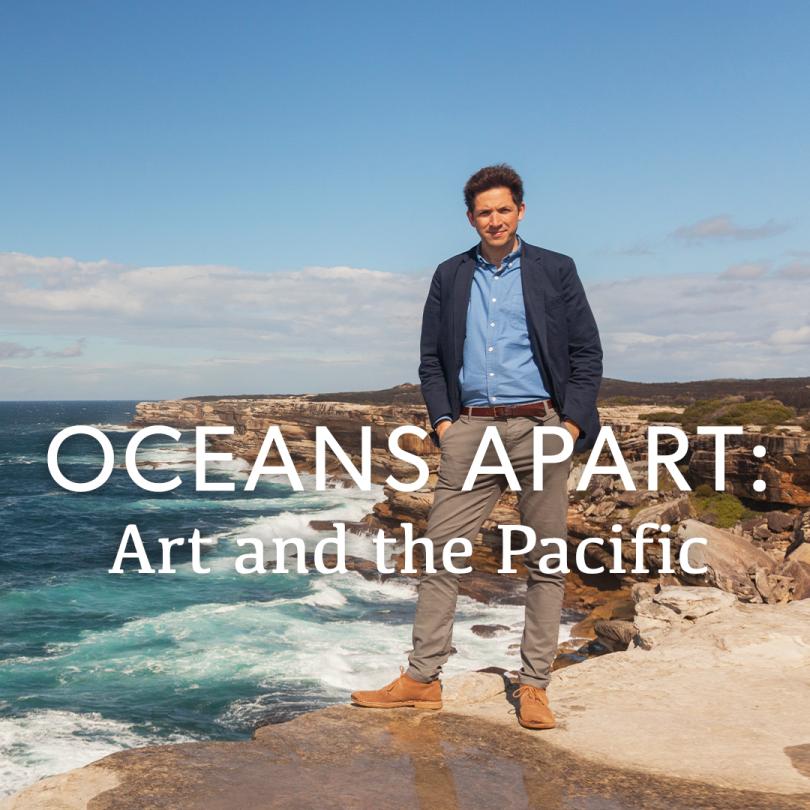
Art historian James Fox tells the fascinating story of the clash between Oceanic and Western culture that resulted from...
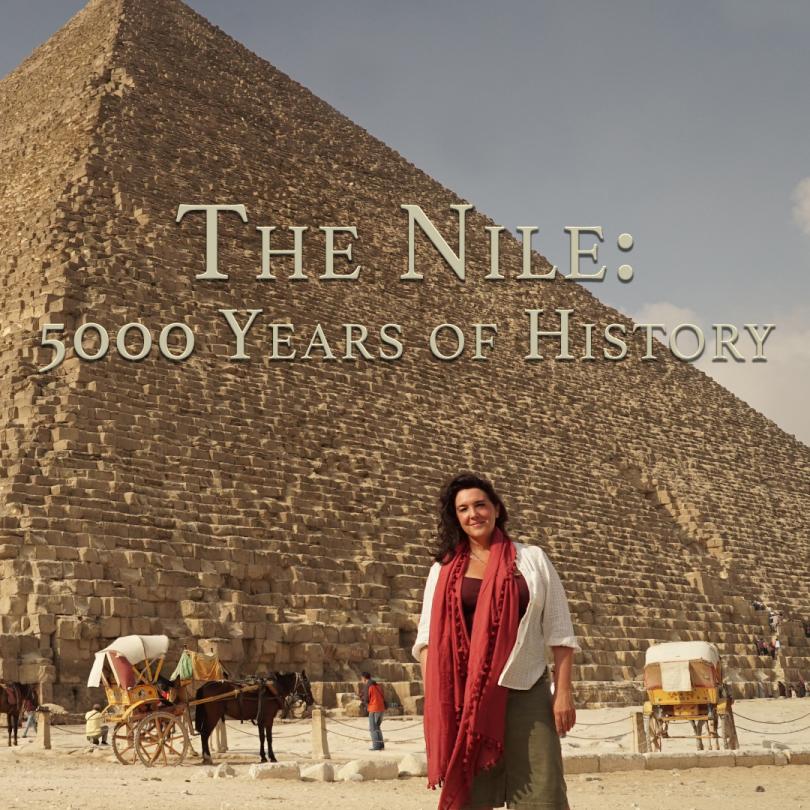
Historian Bettany Hughes sets off on an adventure up the Nile to take in the famous pyramids, great temples and new...

Lucy Worsley digs into America's much-mythologized past to discover the half-truths and distortions that underpin the...

Suzy Klein explores how music in the 19th century influenced industrial, political and technological revolutions, and...

Rob Bell reveals the secrets of the historic ships that shaped the world. He visits each of these monumental vessels as...

Dr Sam Willis examines the pivotal moments in military history that brought about these changing weapons of war, from...
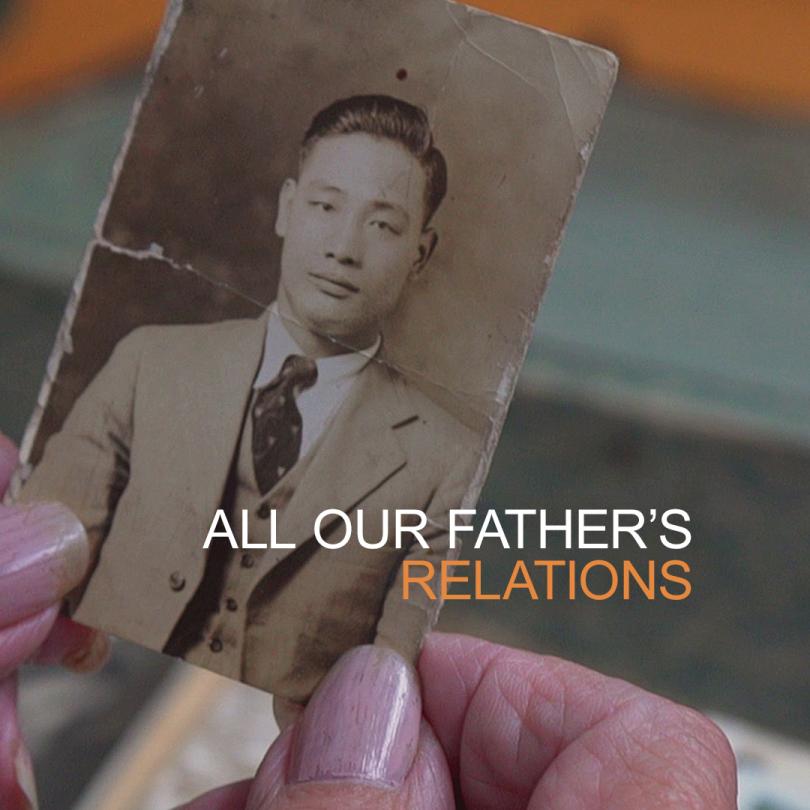
Three siblings whose mother was from the Musqueam First Nation travel to their father's village in China to understand...
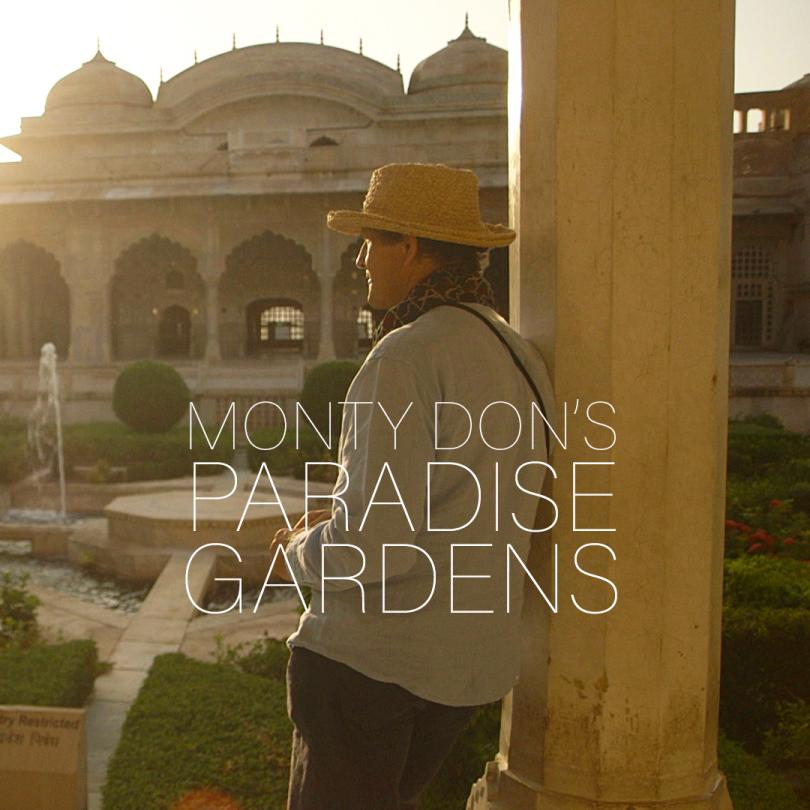
Monty Don travels across the Islamic world and beyond to discover how its culture and climate has influenced garden...
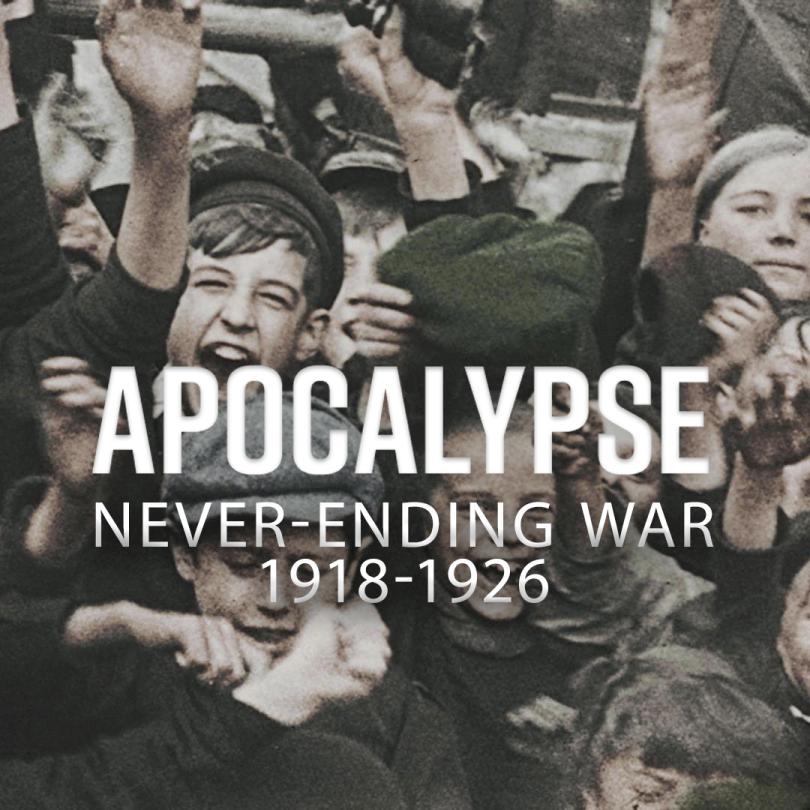
On November 11, 1918, the world emerged from the most horrific conflict ever known. But peace proved to be fragile...
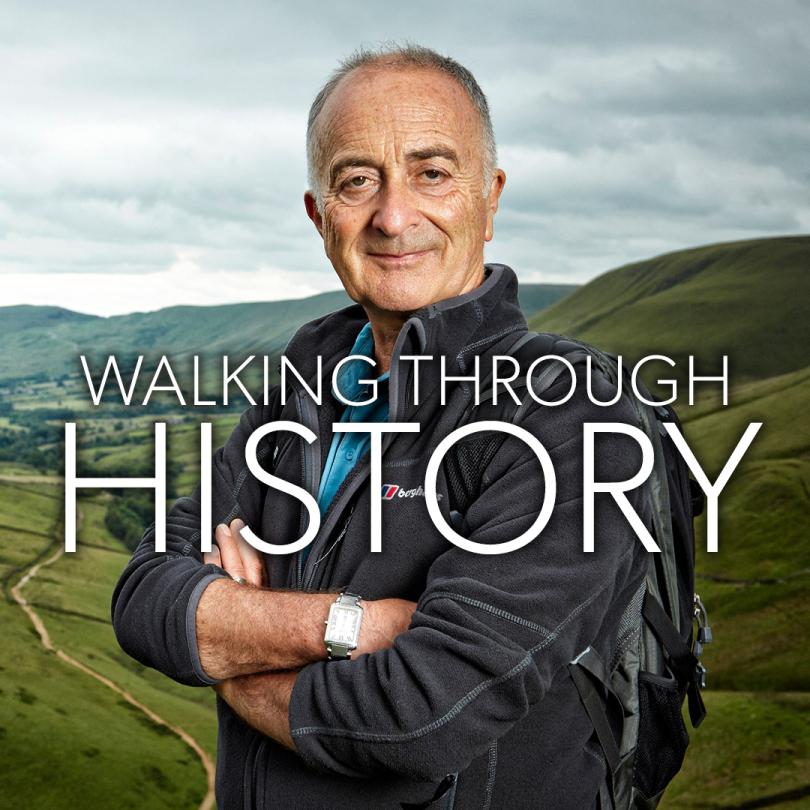
Tony Robinson embarks on walks through some of Britain's most historic landscapes in search of the richest stories from...
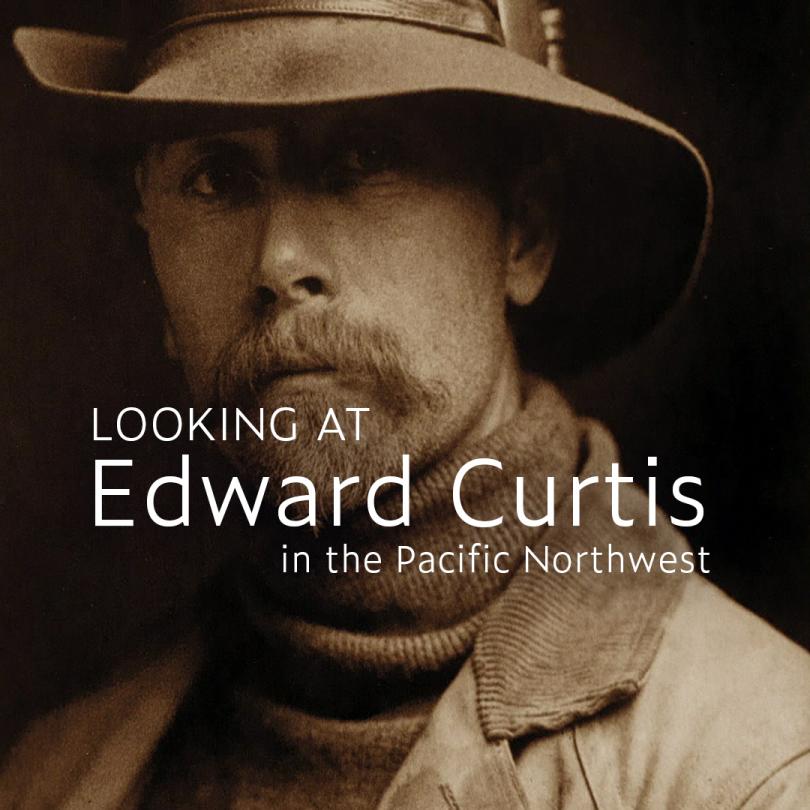
Métis/Dene filmmaker Marie Clements navigates the cultural complexities stemming from American photographer Edward...
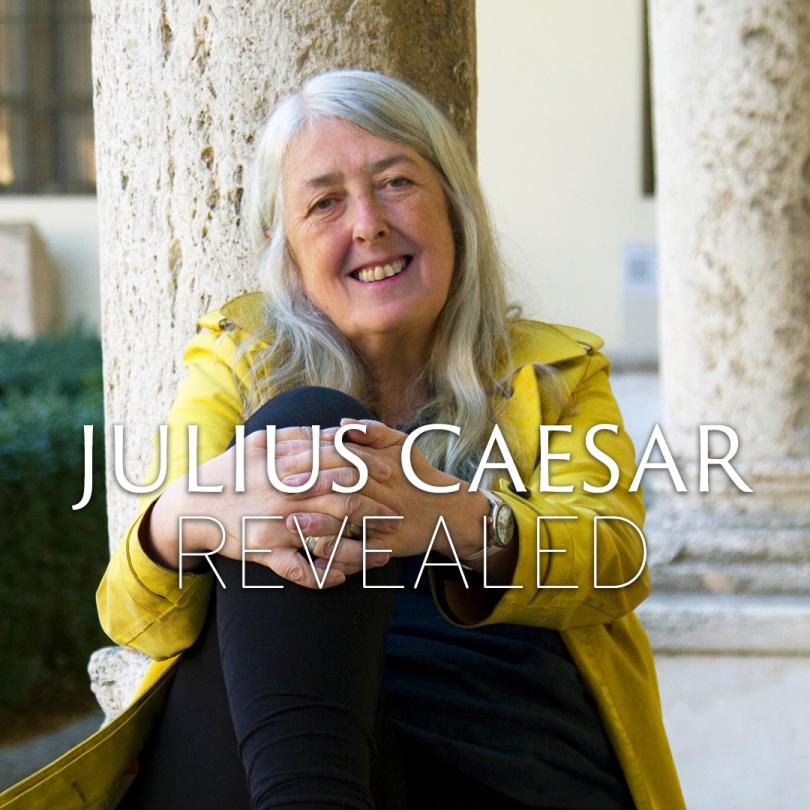
Mary Beard investigates the real Julius Caesar, separating fact from fiction and revealing how his influence is still...
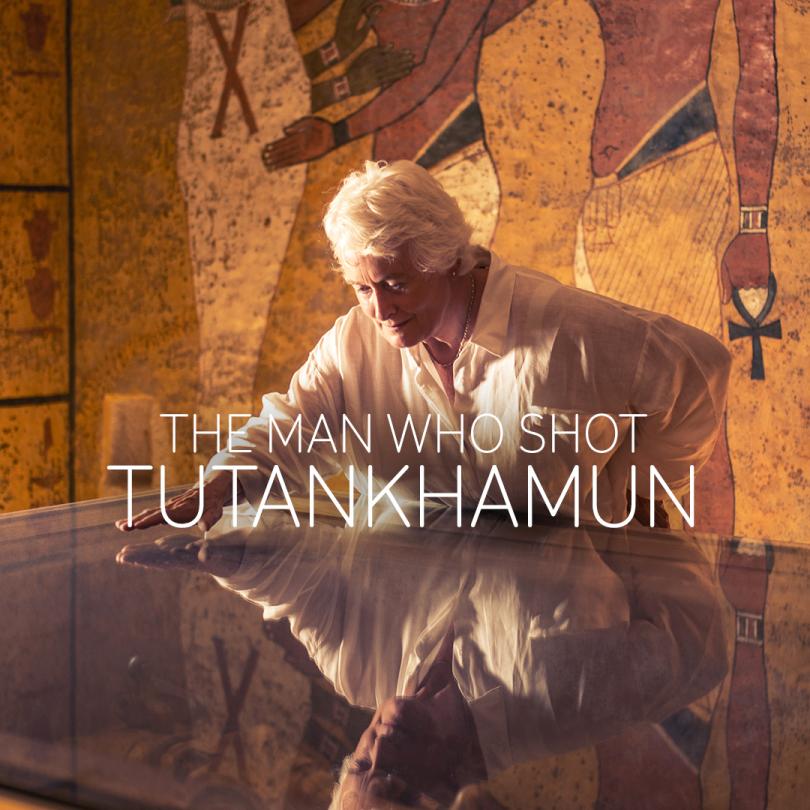
Margaret Mountford travels to Egypt's Valley of the Kings to uncover the story of Harry Burton, the man whose images of...
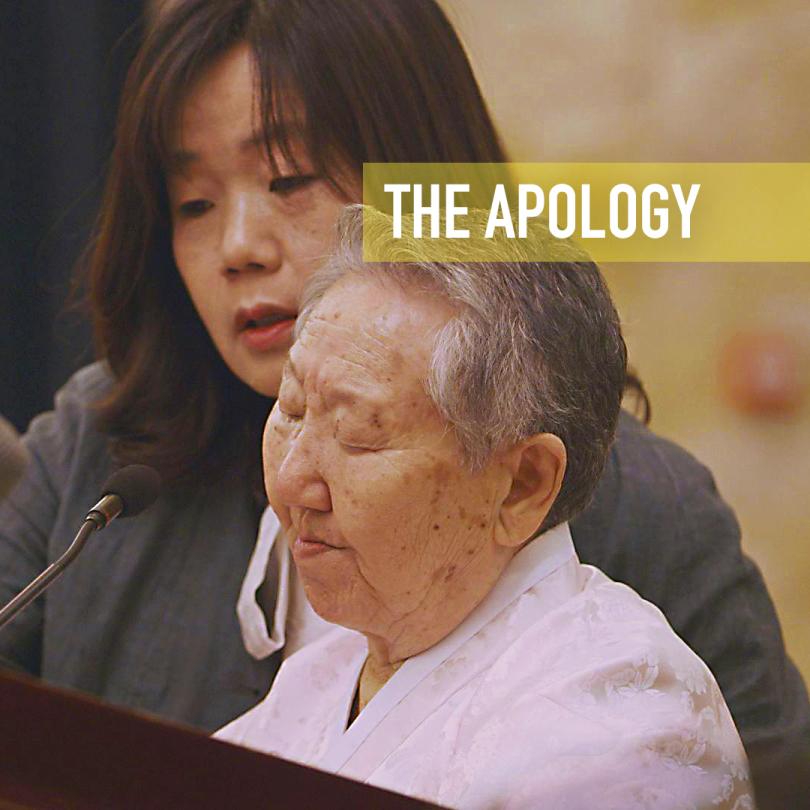
Some 70 years after the Japanese Army forced them into sexual slavery during WWII, three former "comfort women" share...
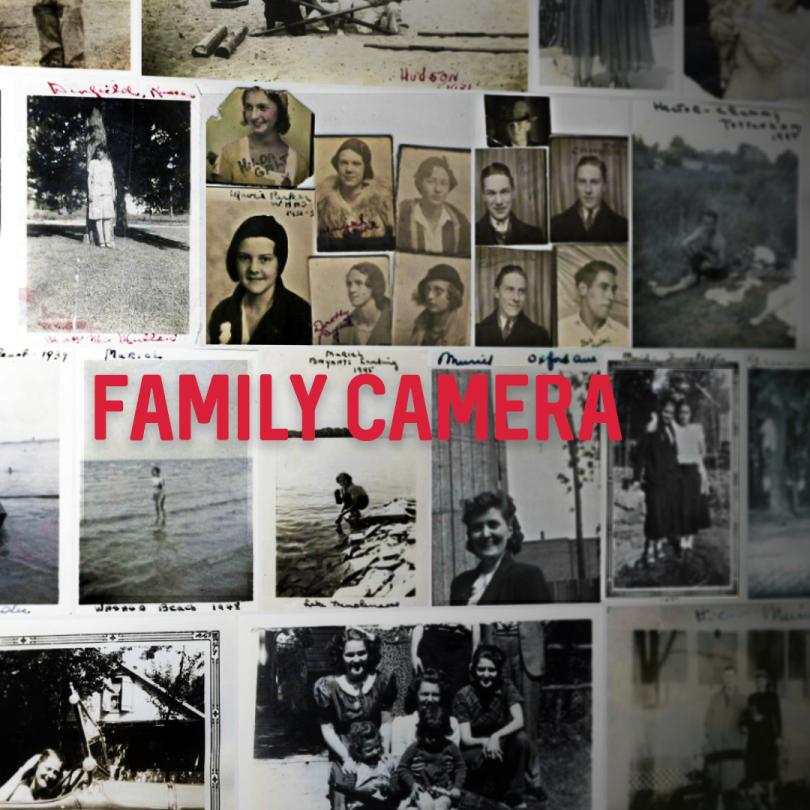
A moving look at 150 years of Canadian history through the iconic family photograph, focusing on the stories of five...
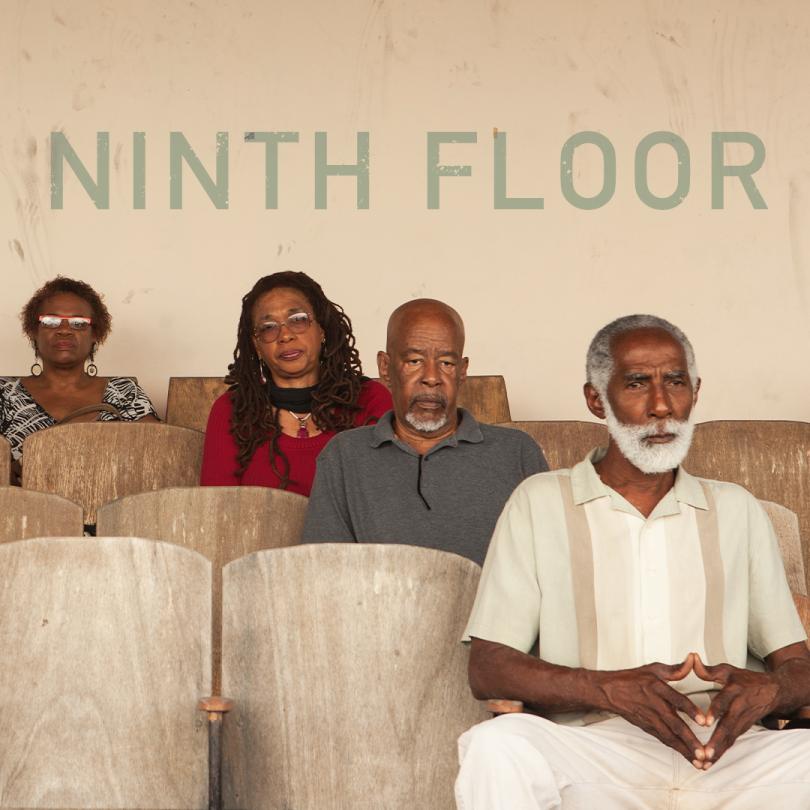
Director Mina Shum reopens the file on a watershed moment in Canadian race relations - the infamous Sir George Williams...
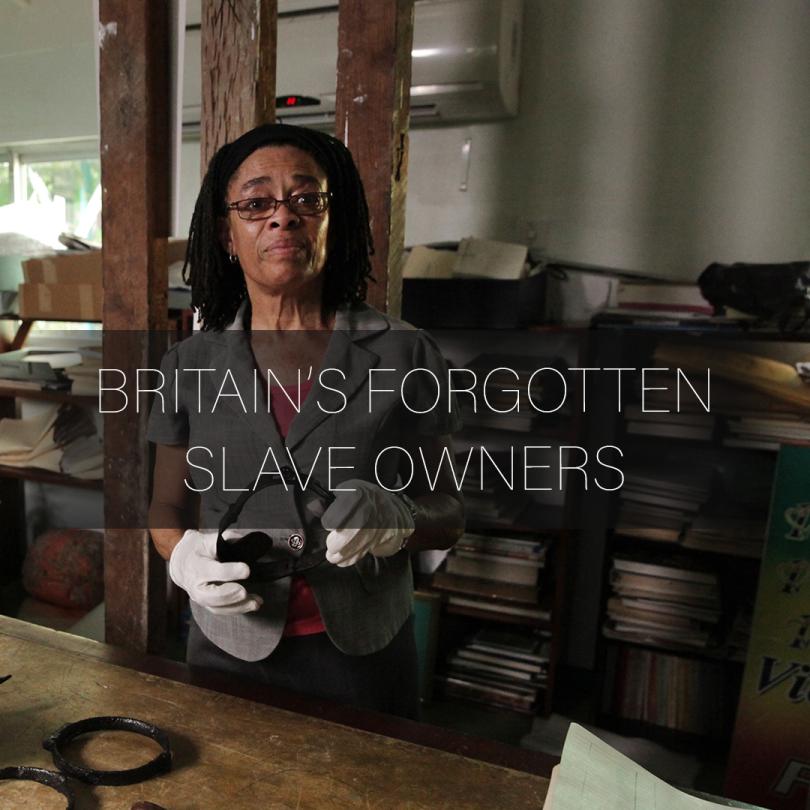
Historian David Olusoga explores Britain's history of slavery and its abolition, and the choice by the government of the...

Esteemed art dealer Philip Mould and journalist Fiona Bruce investigate thrilling cases of art world mystery, intrigue...
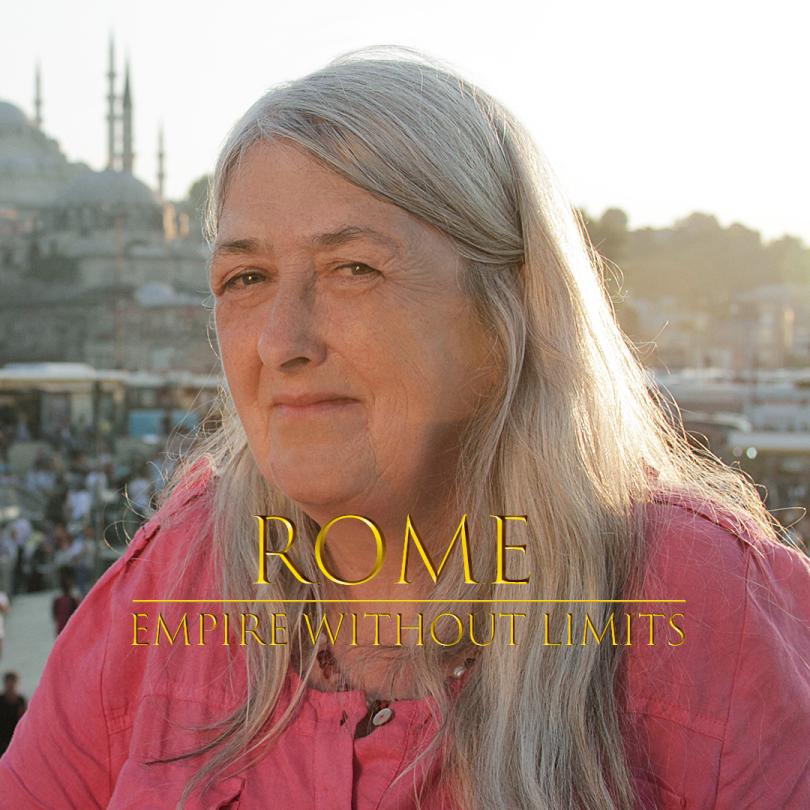
Historian Mary Beard answers the big questions that have fascinated people for centuries. How could a mediocre city in...
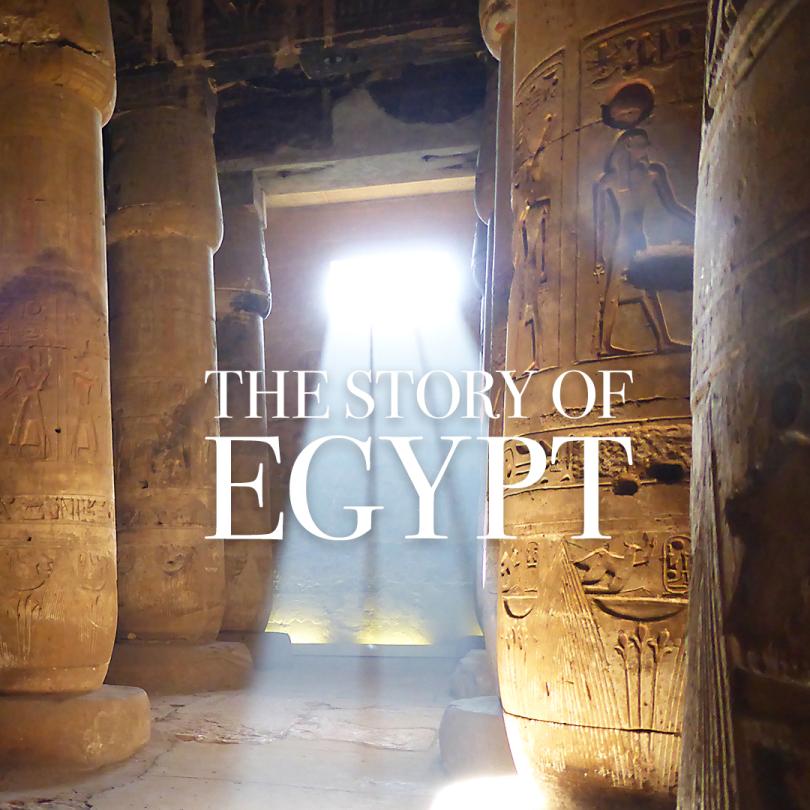
From the settlement of the Nile by a handful of nomads to the building of the pyramids and the burial of King Tut...
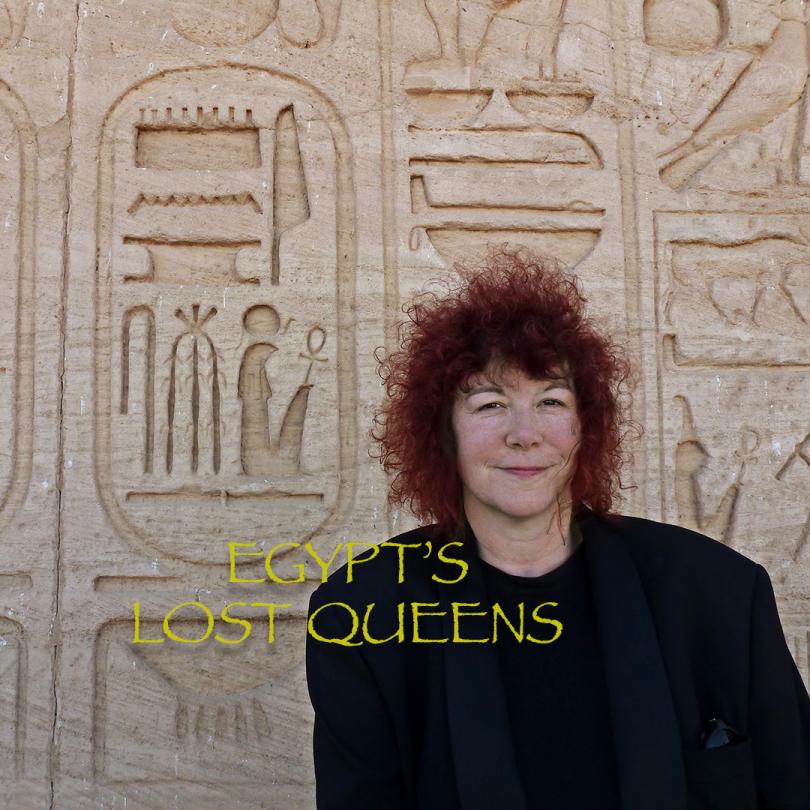
Professor Joann Fletcher explores what it was like to be a woman of power in ancient Egypt - from the realities of...

Nelson filmmaker Amy Bohigian explores the history of the Kootenays through the stories of people who have lived there...
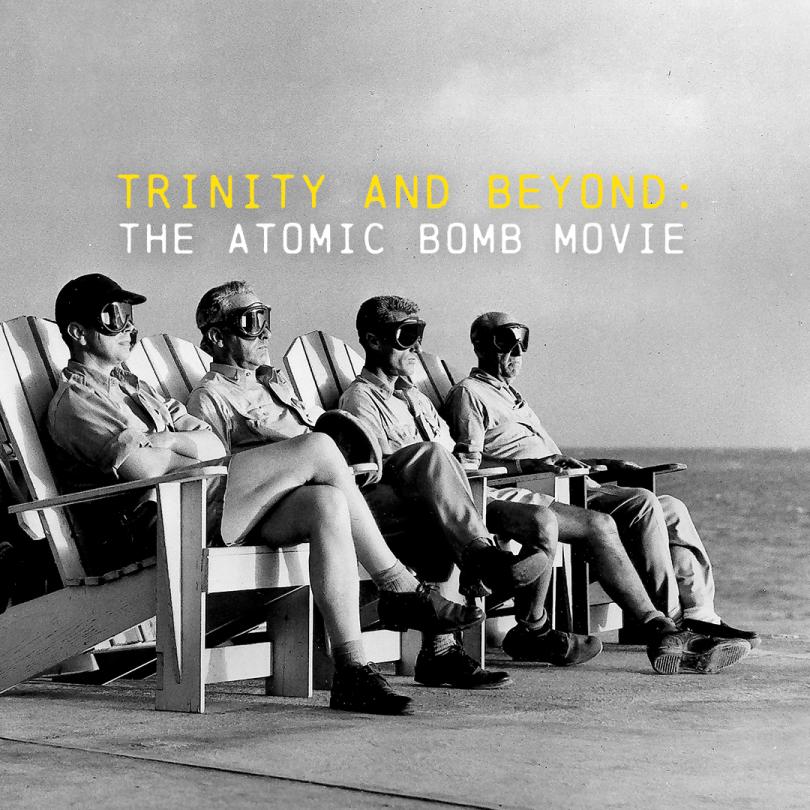
Narrated by William Shatner, this documentary recounts the development, production and testing of nuclear weapons...
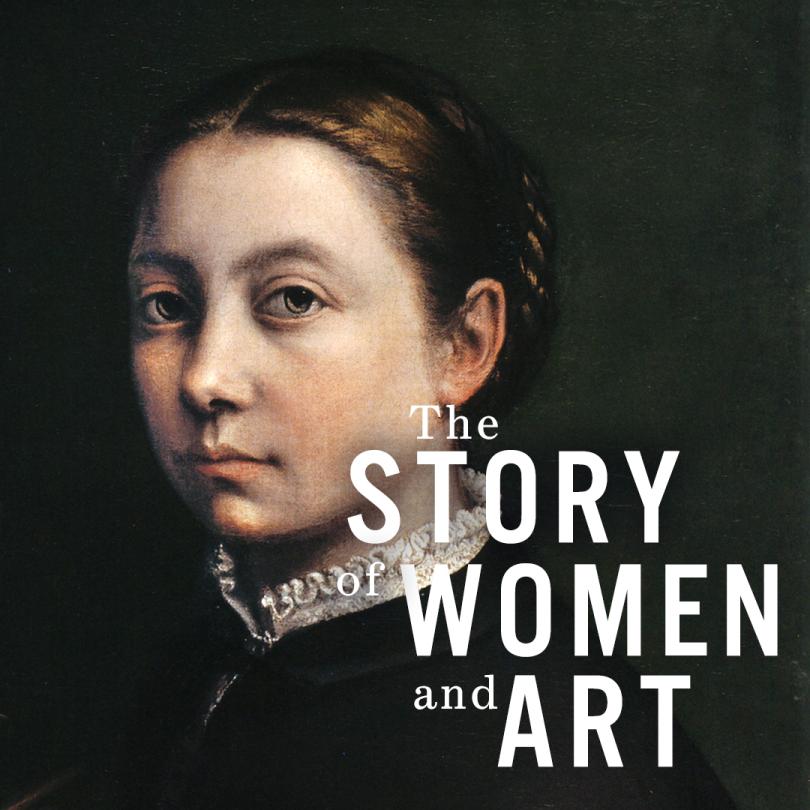
Historian Amanda Vickery rescues female artists from the shadows of obscurity, giving them their rightful place in the...

Highlights the unique history of the Great Depression in Vancouver and the influx of transient men that arrived with it.
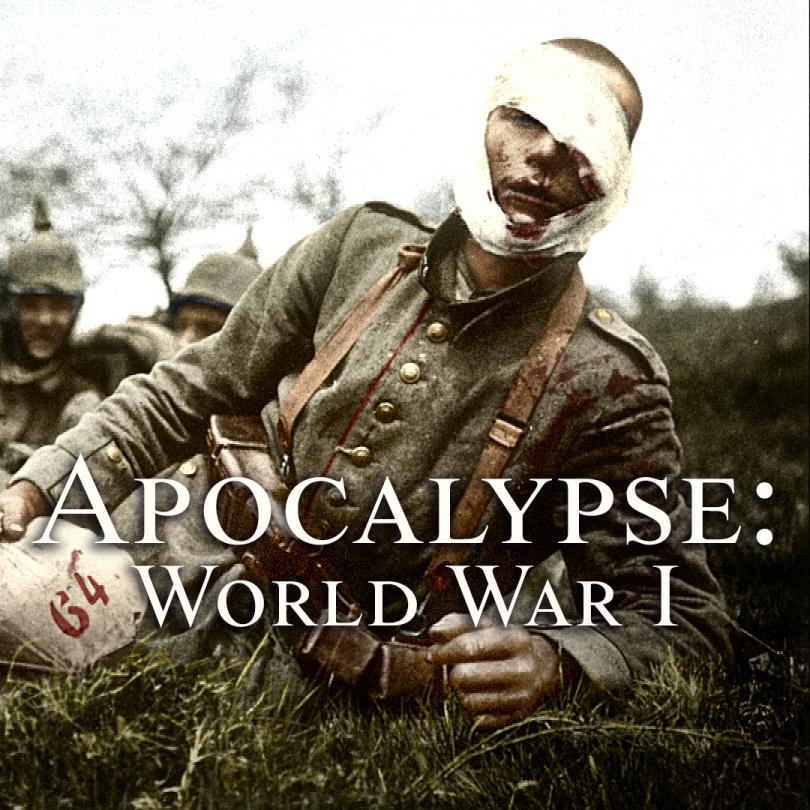
Colourized archival footage tells the story of the First World War, taking us to the battlefields, the strategy rooms...

Monty Don heads across the Channel to find out what makes French gardens, and the French themselves, so unique. From...
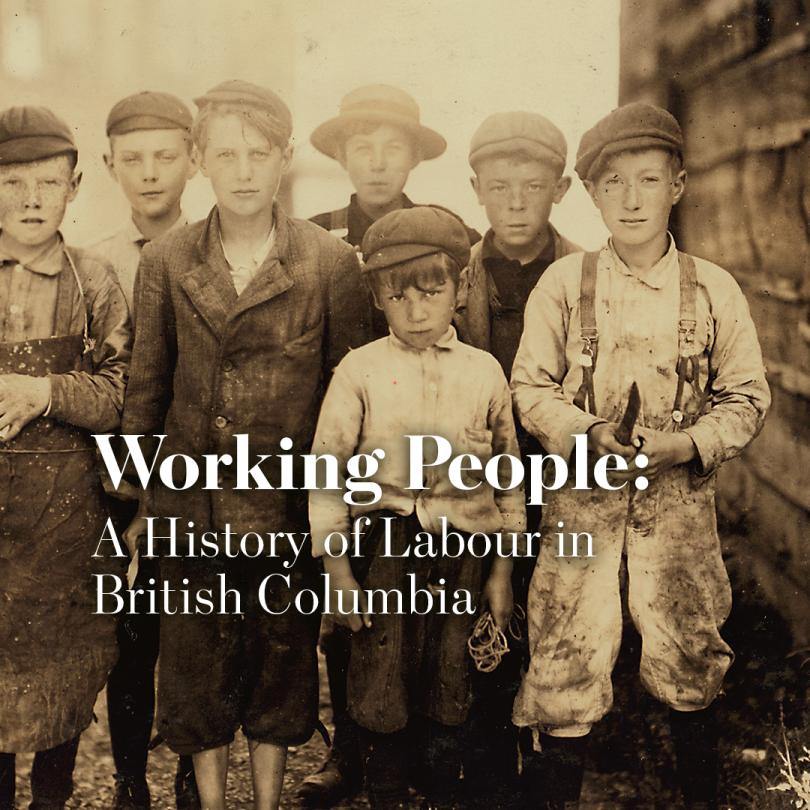
Spanning three centuries of BC history, from Indigenous economies to Operation Solidarity, this series explores the true...
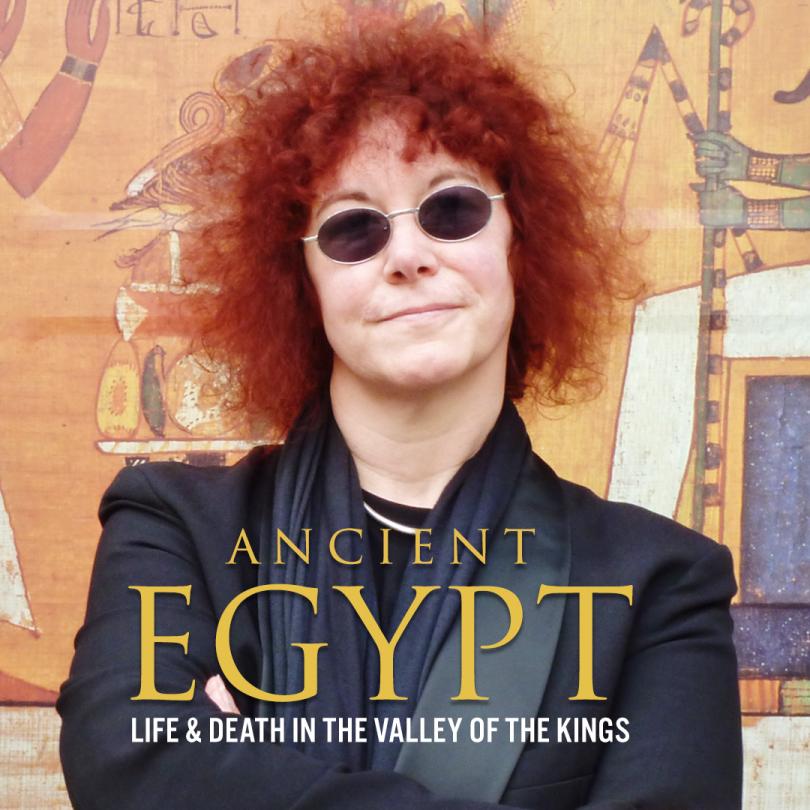
Egypt captivates us like few other ancient civilizations, but what was it like to live there? Egyptologist Joann...

Over 45 years, street photographer Foncie Pulice snapped thousands of photos of people in downtown Vancouver, capturing...
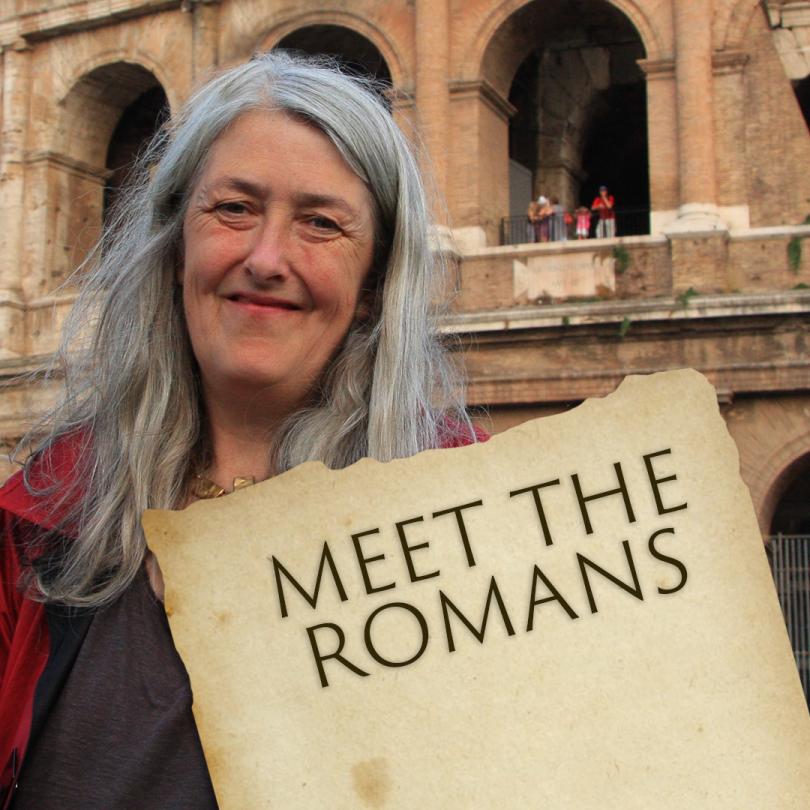
British historian Mary Beard takes a fresh look at ancient Rome, putting aside the stories of Emperors, armies, blood...

Professor Amanda Vickery, one of the leading chroniclers of Georgian England, considers why Jane Austen's books continue...

Monty Don unearths the history, the culture, the politics and the climate that have shaped Italy’s most sublime gardens...

Emily Carr's unconventional life and her connection to the First Nations peoples of the northwest coast of BC deeply...

Charts the origins of the small plastics company that unpredictably became a cultural phenomenon.

Our First Voices explores the creative efforts being made by 13 First Nations communities in BC to preserve and...
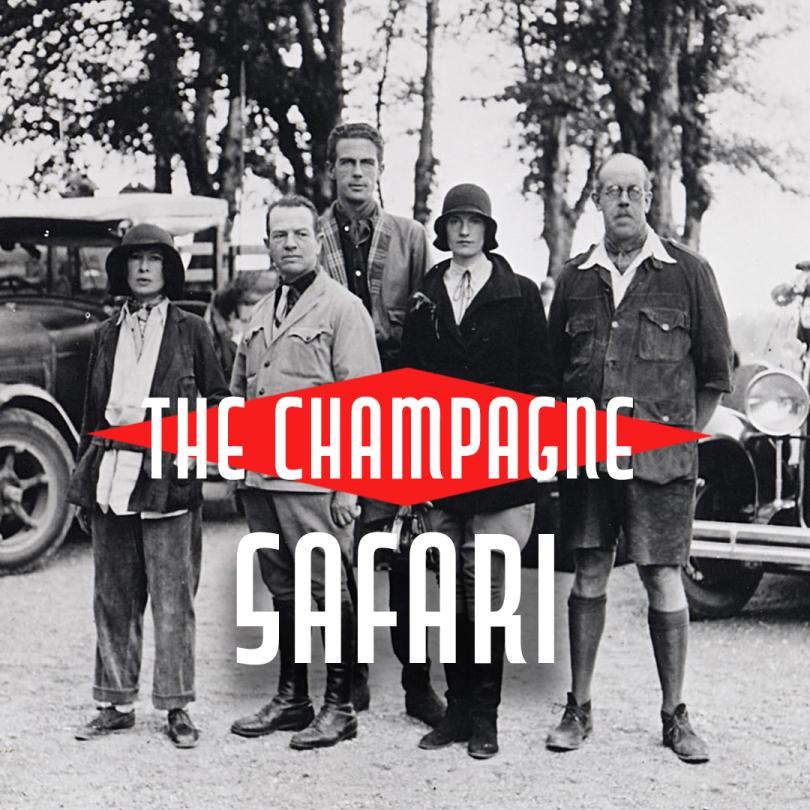
A biography of the brazen and controversial industrialist Charles Bedaux, who undertook an outlandish trek over the...

The remarkable story of the Asahi baseball team who, prior to the Second World War, won the prestigious Pacific...
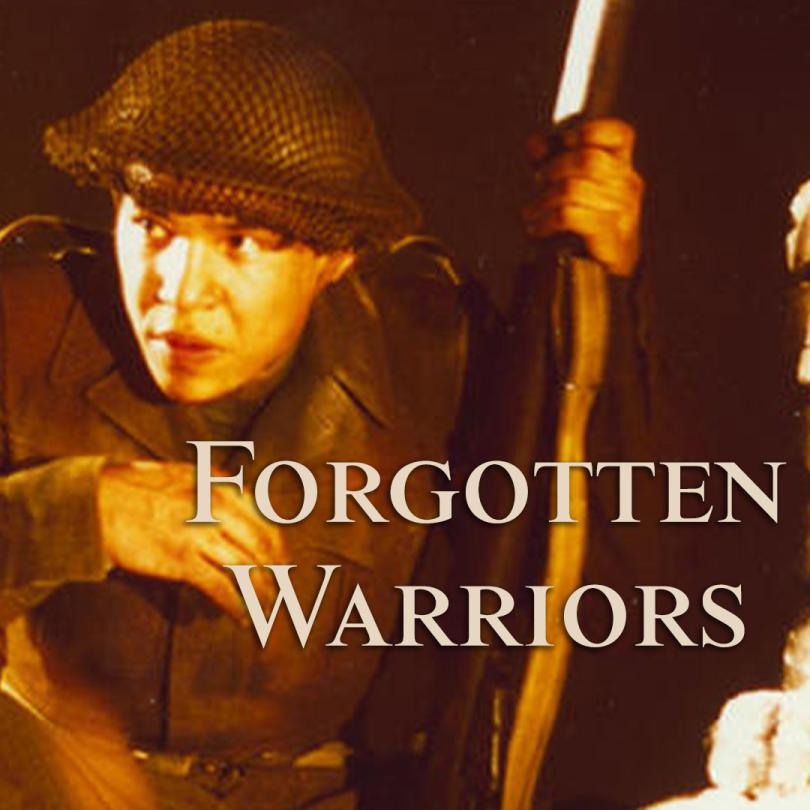
Following the Second World War, thousands of Canadian Indigenous men and women who had fought alongside non-Indigenous...
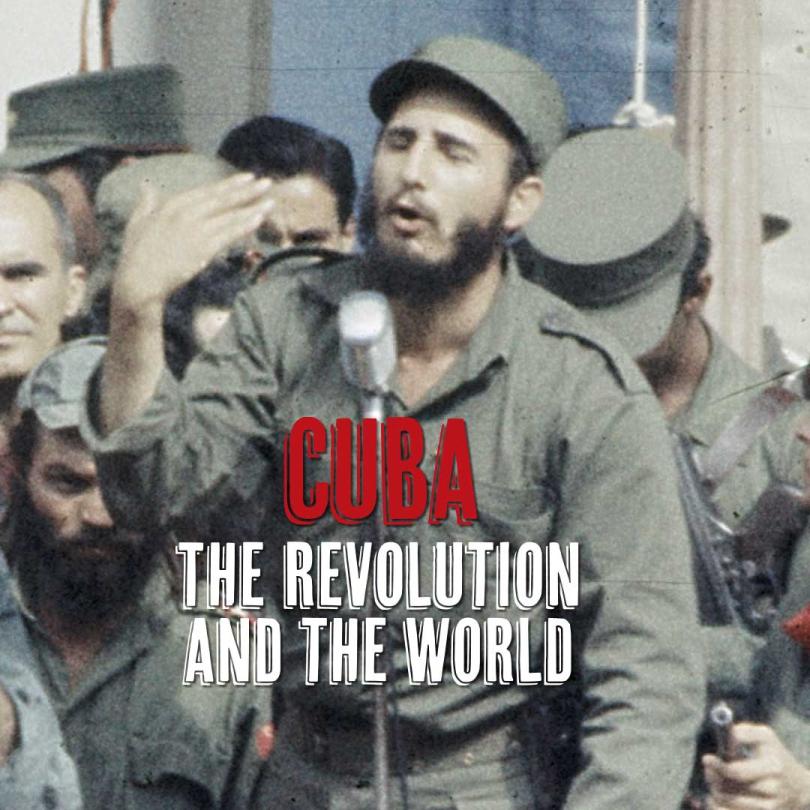
Sixty years of Cuba's history and its place in the world is explored, with views from every side - the Cubans, the...
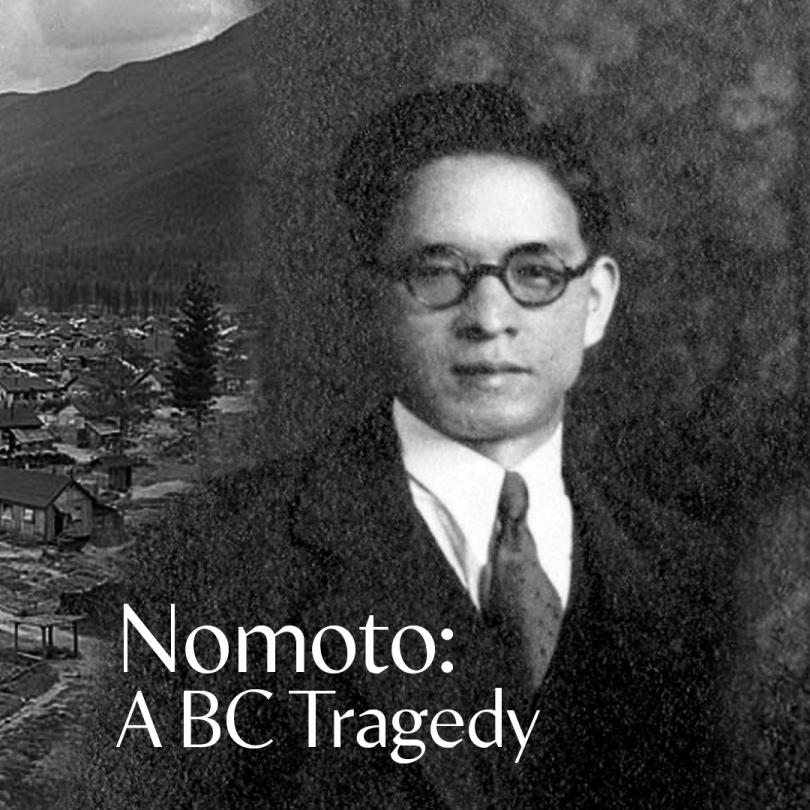
The injustice of the Japanese internment is explored through the story of Kyuichi Nomoto, one of the first Japanese...
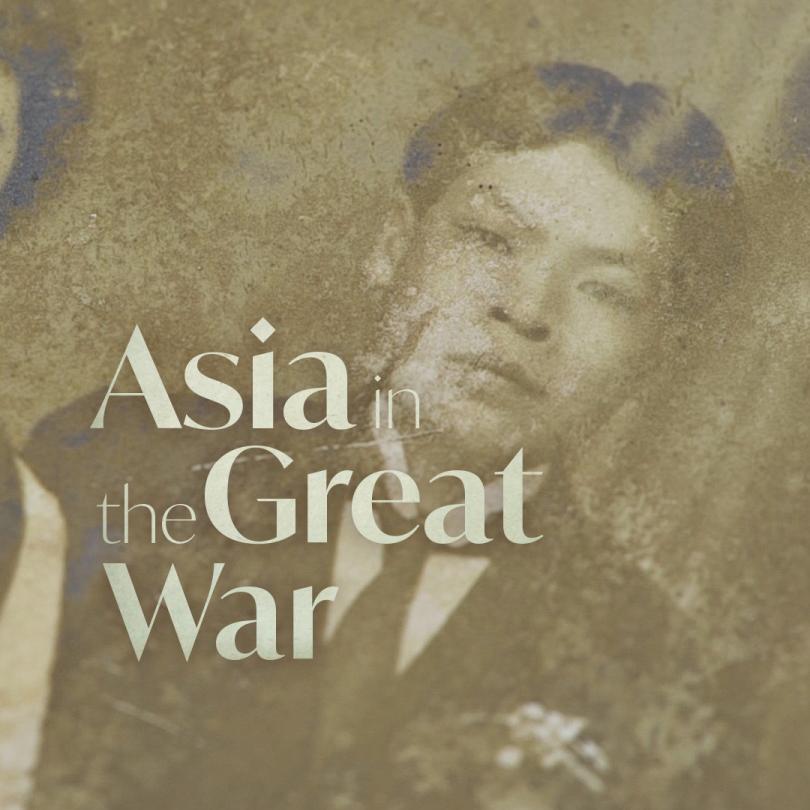
Over two million men from across Asia fought in the First World War. Discover what their sacrifices meant to the war...
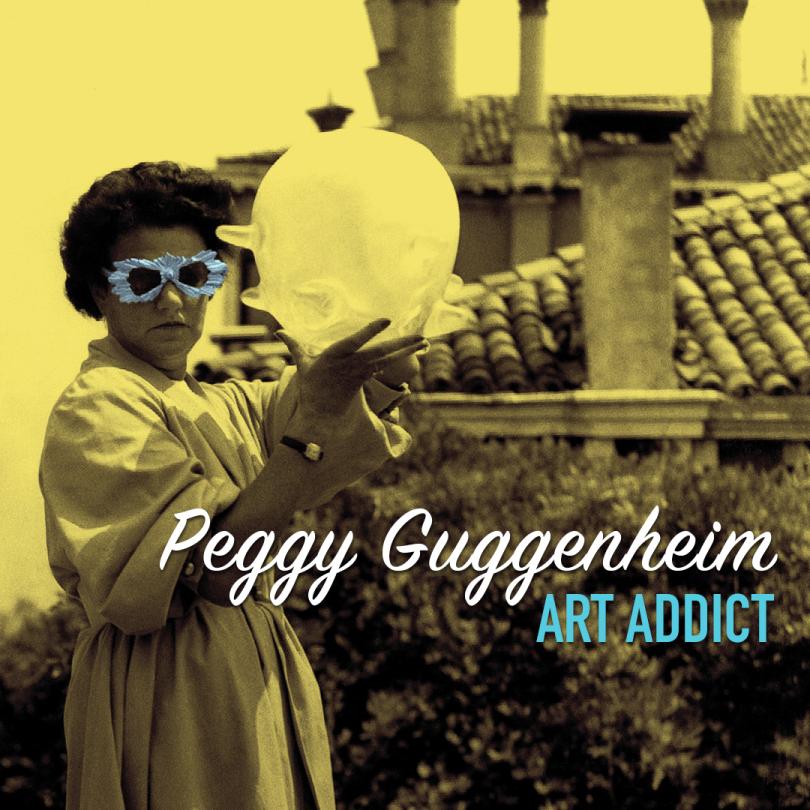
As Peggy Guggenheim moved through the cultural upheaval of the 20th century, she collected modern art as well as the...

Alanis Obomsawin shares a powerful 2016 speech by the Ojibwe senator and former Truth and Reconciliation Commission...

Art sleuth Dr. Bendor Grosvenor and social historian Emma Dabiri delve into Britain's local museums and country houses...

For over 40 years, society columnist and photographer Malcolm Parry has been chronicling the goings-on in the city of...

Through rare archival film and home movies, we get a glimpse into everyday life in Singapore dating back to 1900.
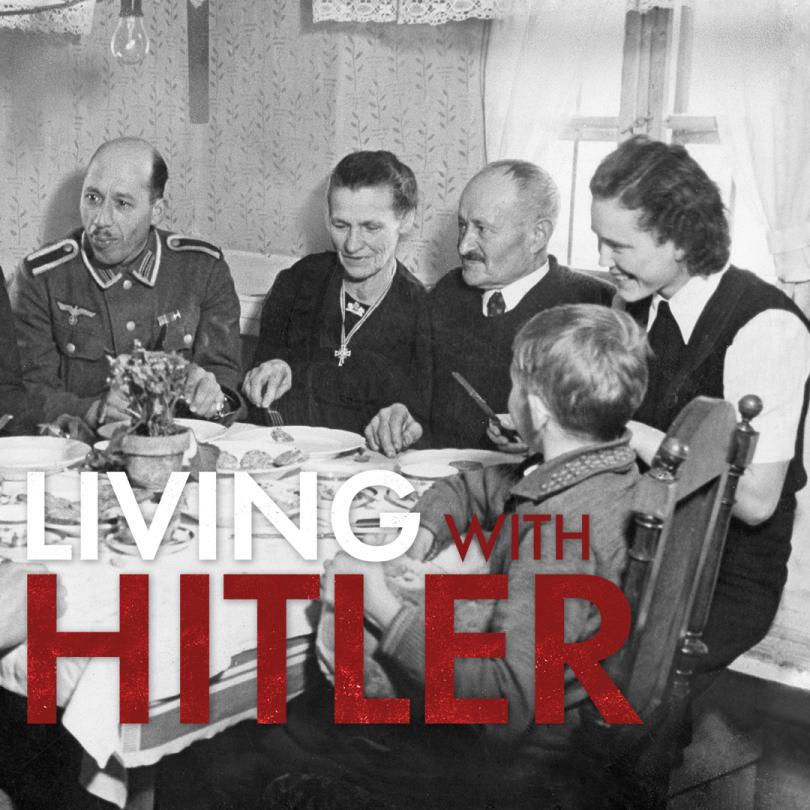
Hitler’s rule from 1933 to 1945 made a more damaging mark on history than almost any other. From strutting lieutenants...

Renowned Second World War historian James Holland gets inside the Nazi war machine. Travelling across Europe, he...

Railway historian Tim Dunn and Siddy Holloway from the London Transport Museum explore the hidden parts of London’s Tube...
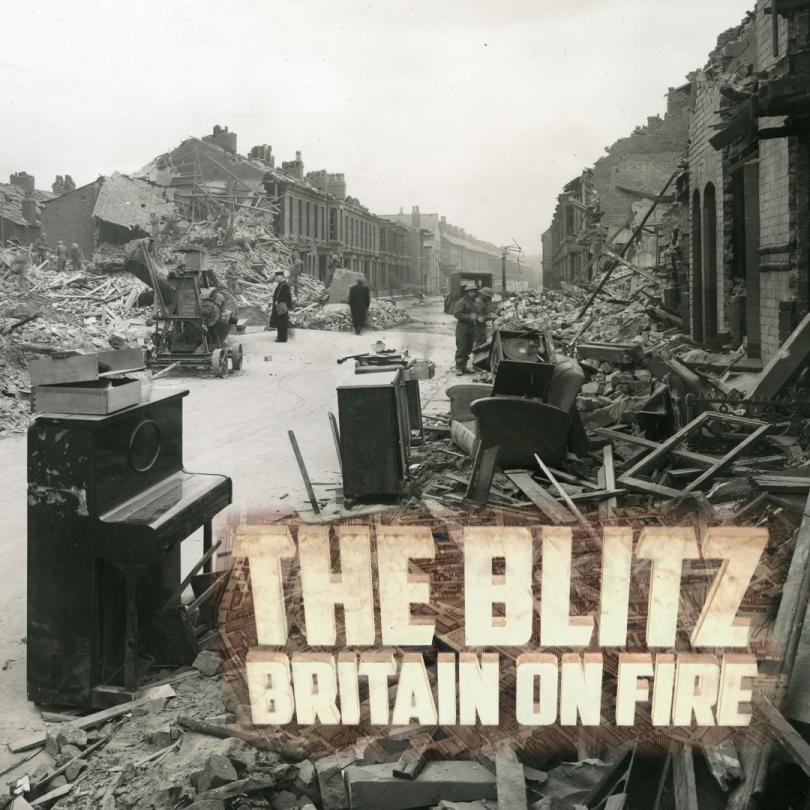
The Blitz bombardment of Liverpool in May 1941 was some of the most intense bombing ever experienced by a British city...
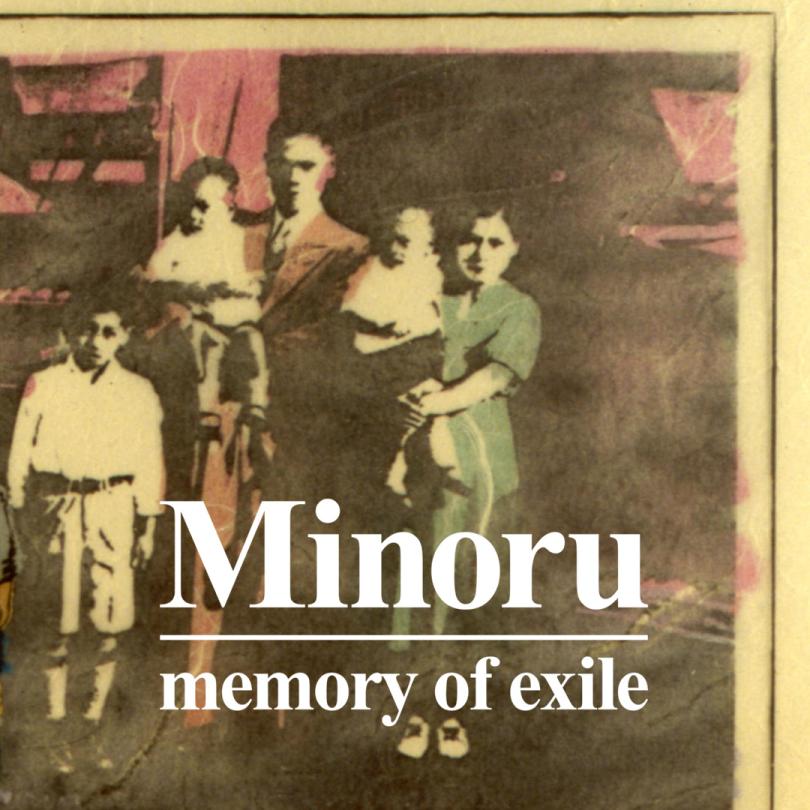
Michael Fukushima chronicles the story of his father Minoru, a Japanese Canadian sent to internment camps in the BC...
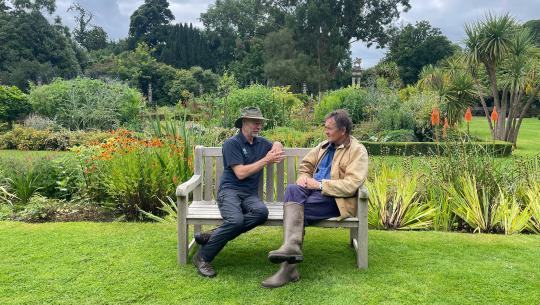
Monty witnesses the ingenuity, passion and determination of British people to create gardens - no matter what the canvas.

Streaming changed everything, but the economics are still bad for most Black recording artists. What does it take to get fair pay for music in the digital era?
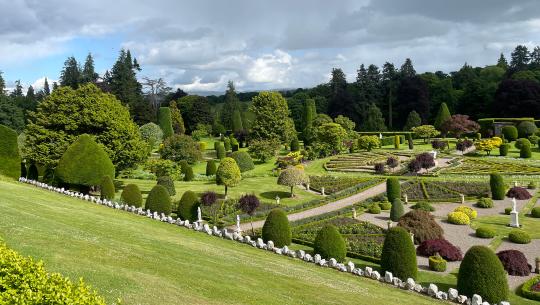
Monty Don explores romantic castles, palatial estates and gardens that challenge our idea of what a garden is.

Black-owned labels like Motown, Stax and Def Jam shaped the musical landscape and confronted injustice in the music industry. But it wasn’t easy.

Actor David Harewood investigates the disturbing legacy of blackface minstrelsy, which dominated British and American popular culture from the 1830s to the mid-20th century. Today, Black artists are reclaiming the music and its history.
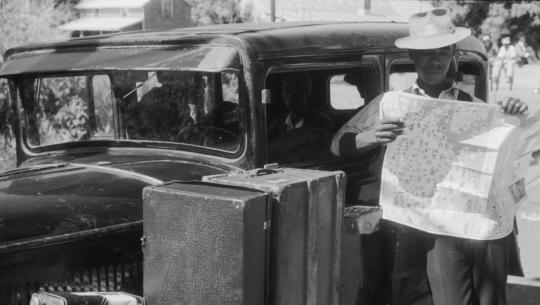
From the advent of the automobile to the civil rights era and beyond, life on the road led to new freedoms and new perils for Black Americans. This exploration of race and mobility is told in part through the stories of people who lived through it.
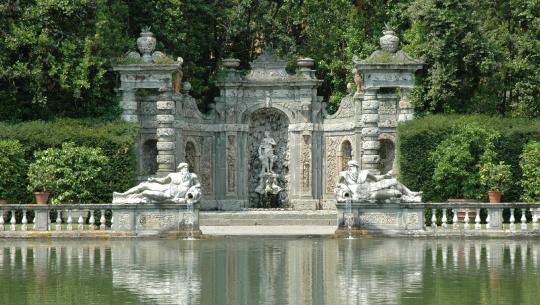
Monty Don meets the founder of the Grandi Giardini Italiani garden society and glimpses the luxurious gardens of the rich and famous.

Black artists have fought for fair pay and ownership of their songs since the 1920s, including Louis Armstrong, Nina Simone, Little Richard and TLC.
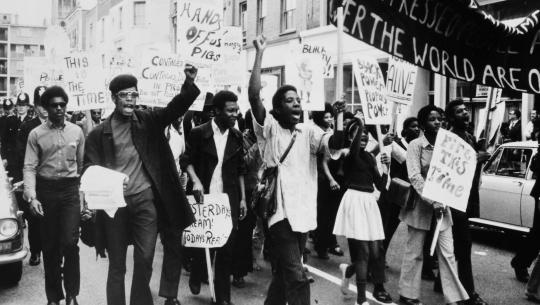
The story of Black Power activists who in the 1960s and 70s challenged racism in the UK and helped shape a new political...